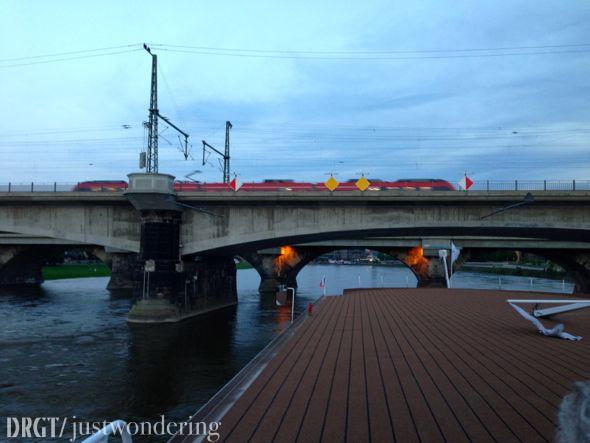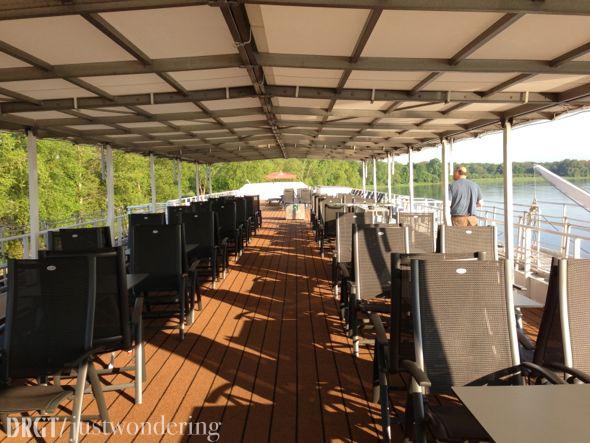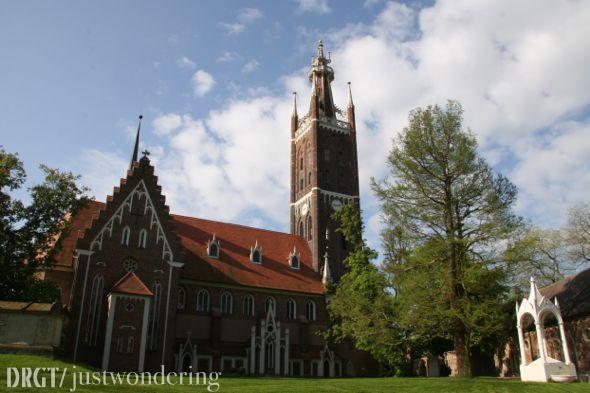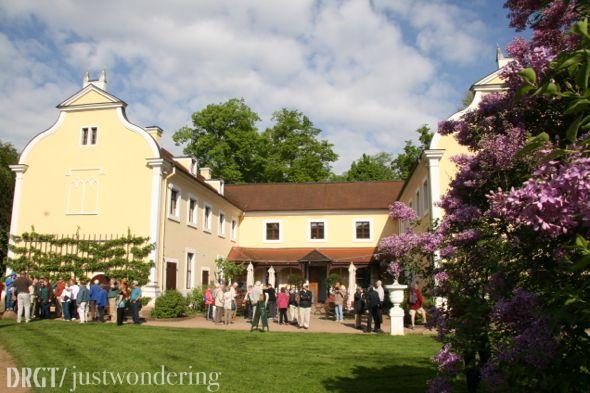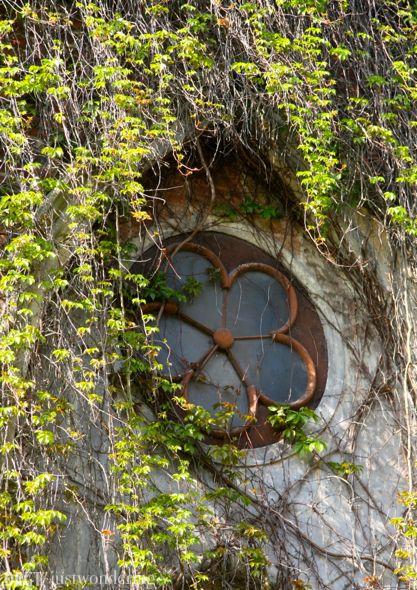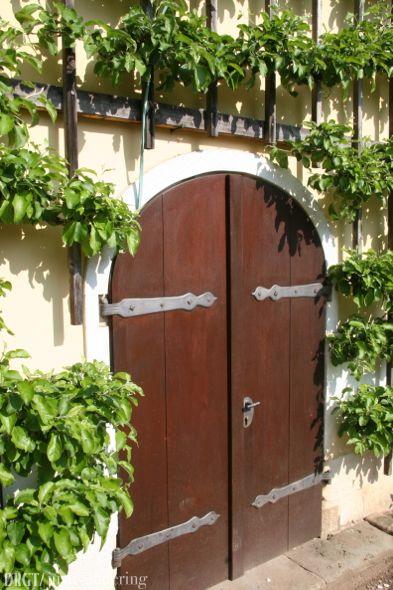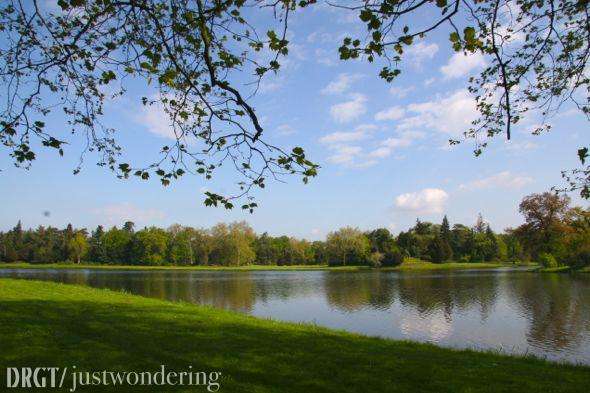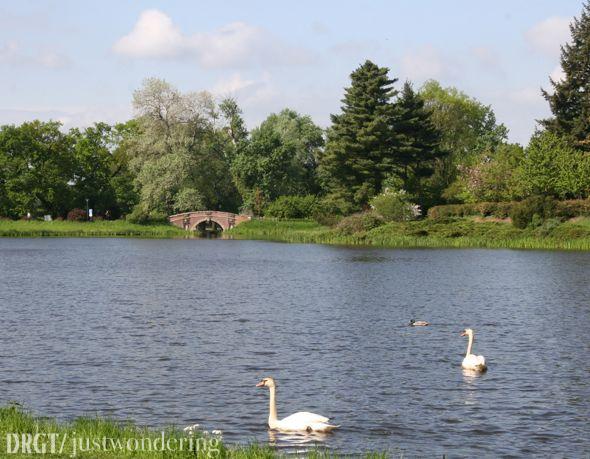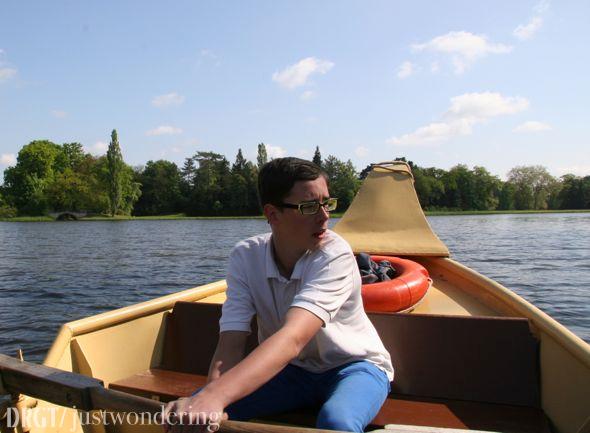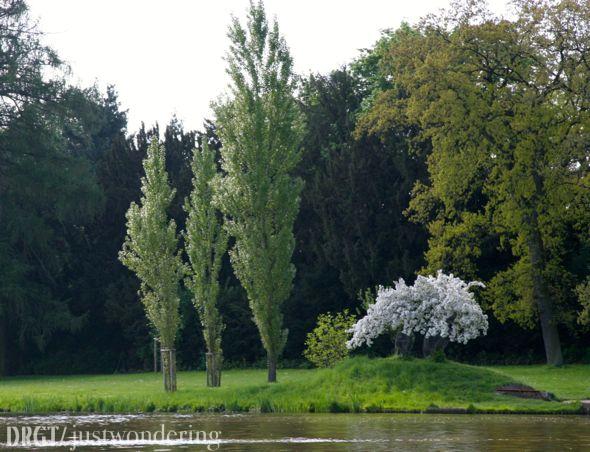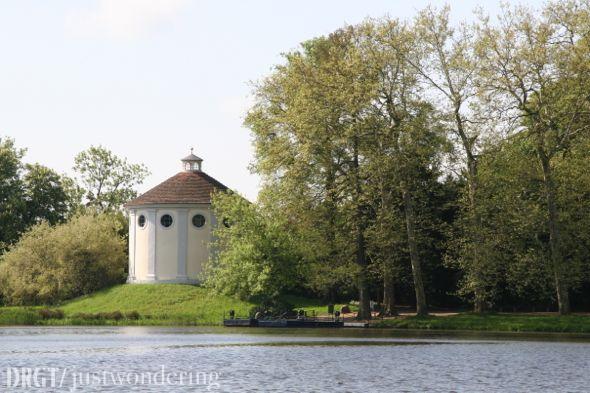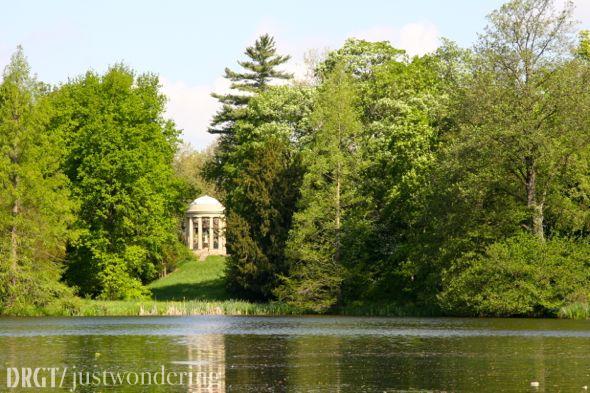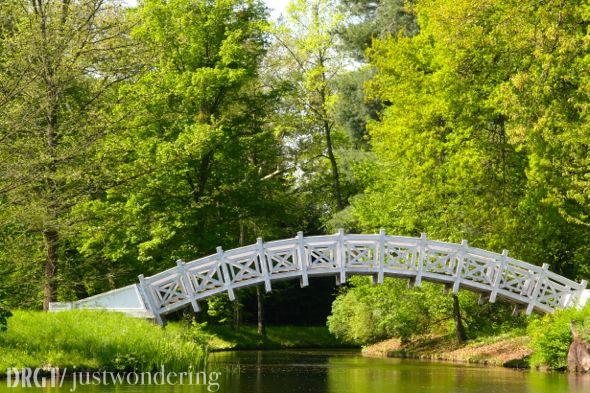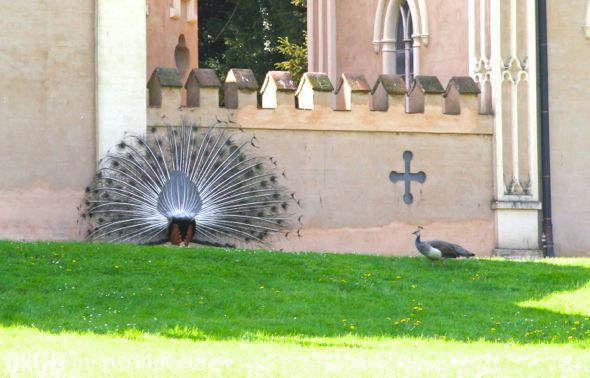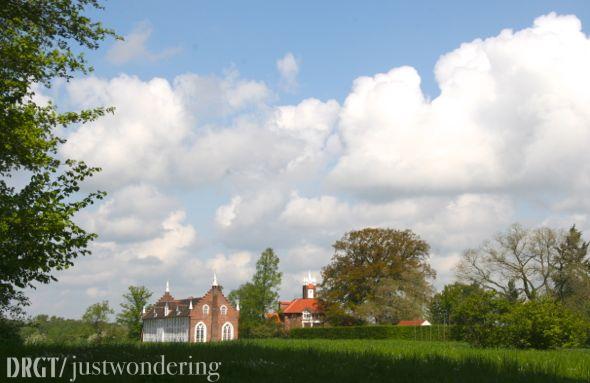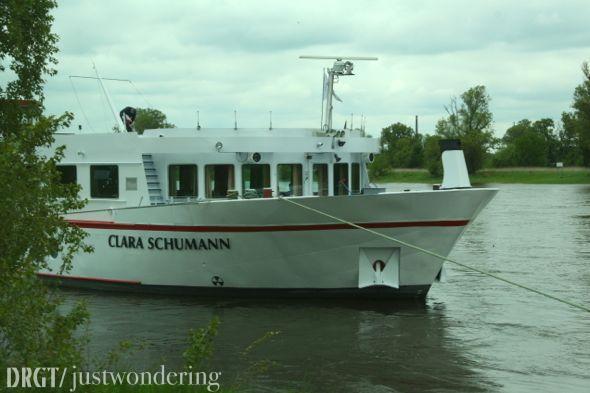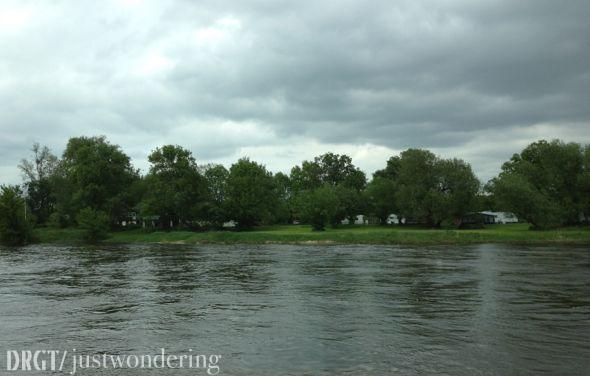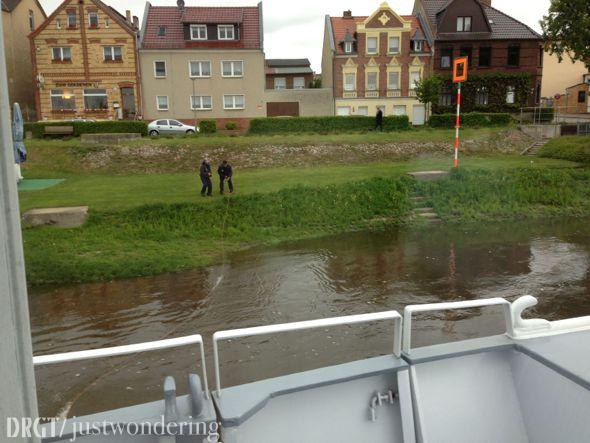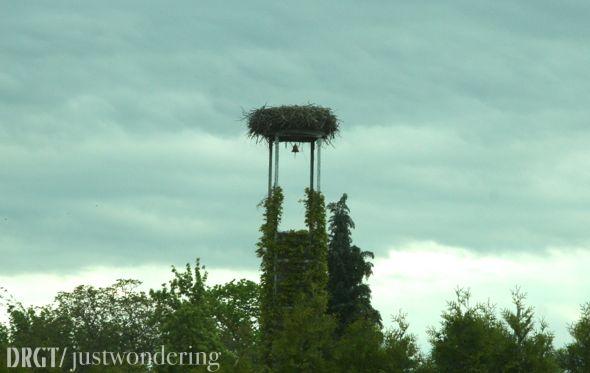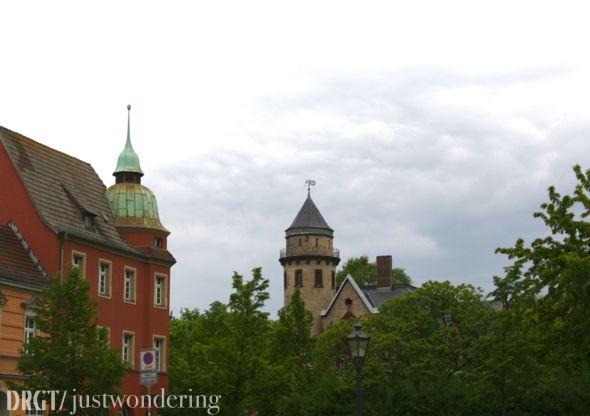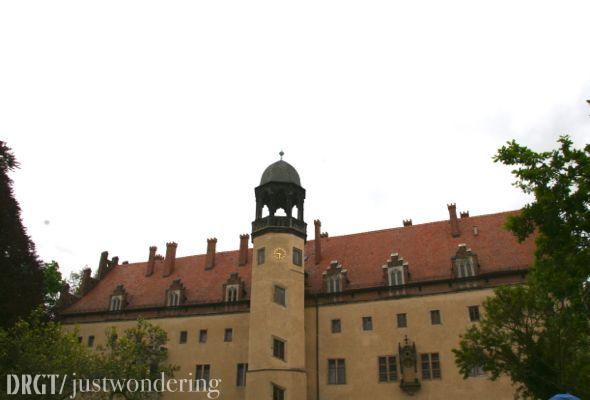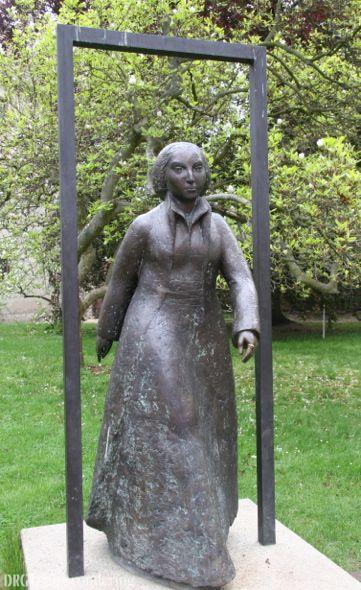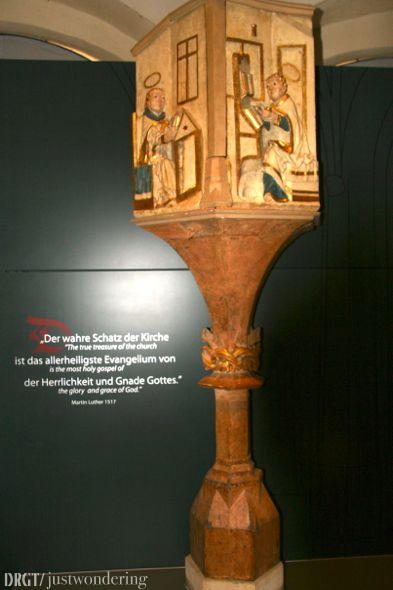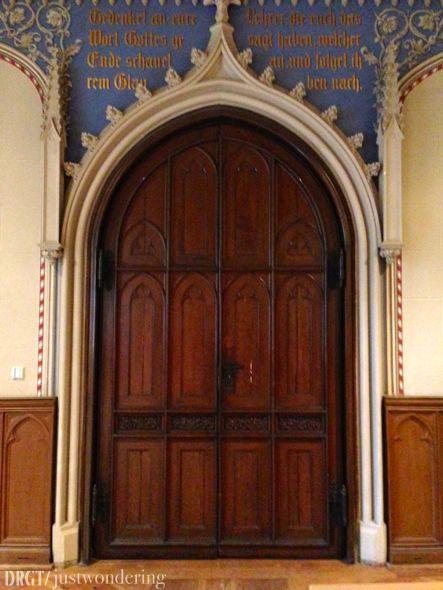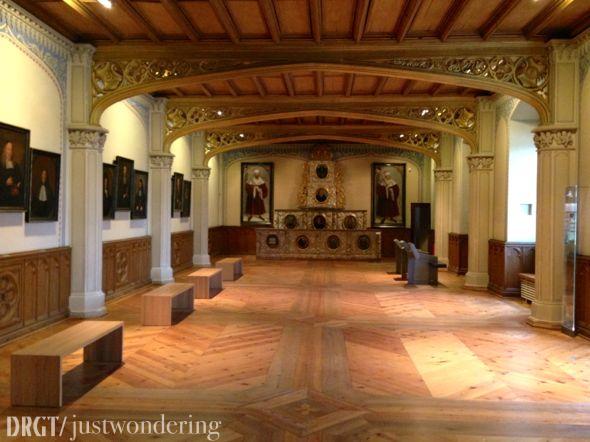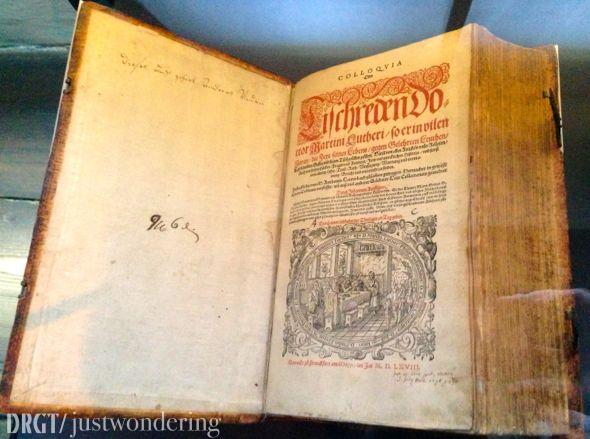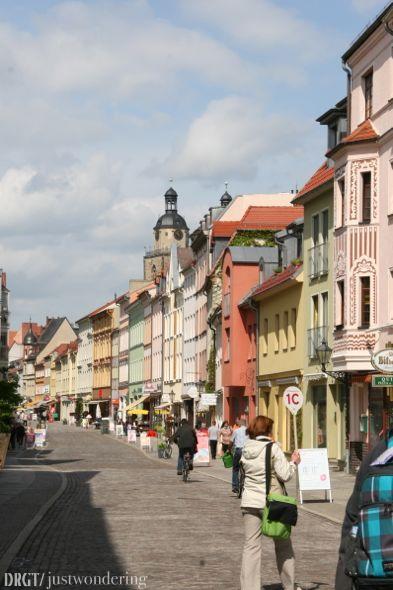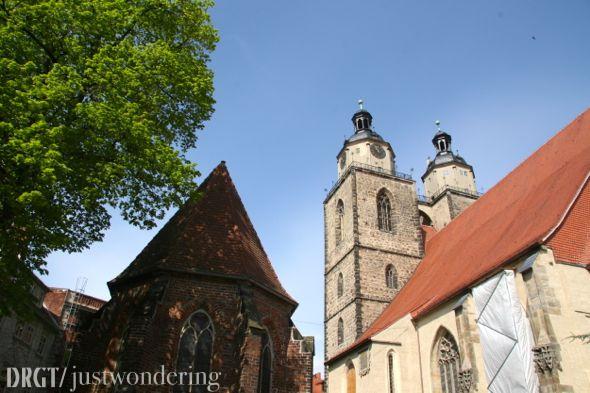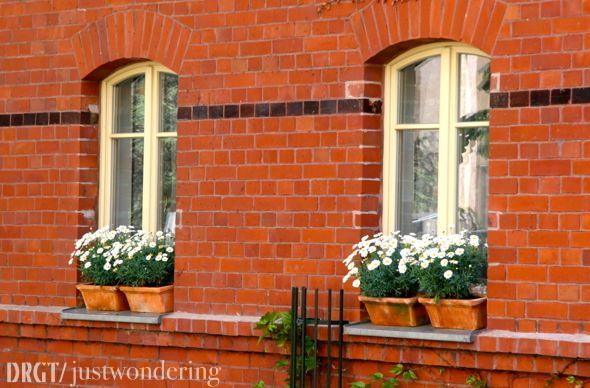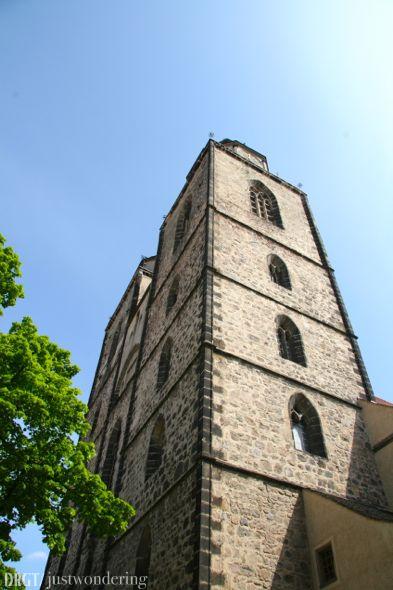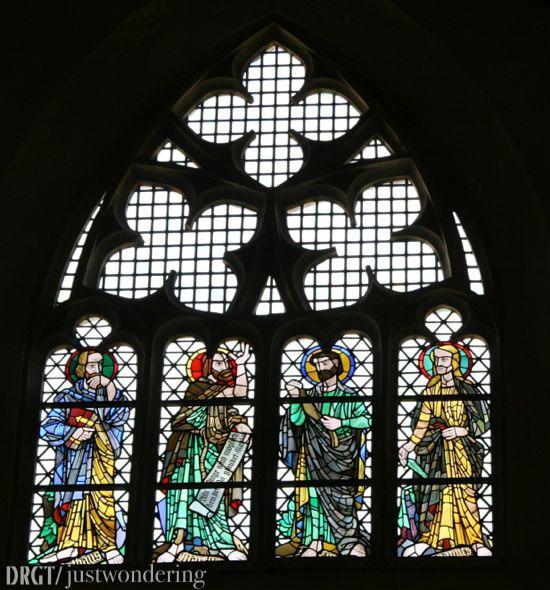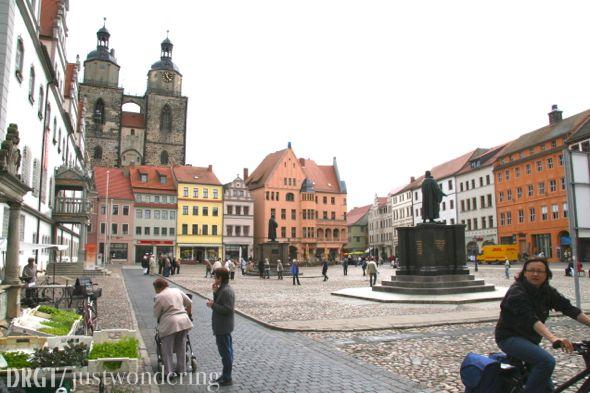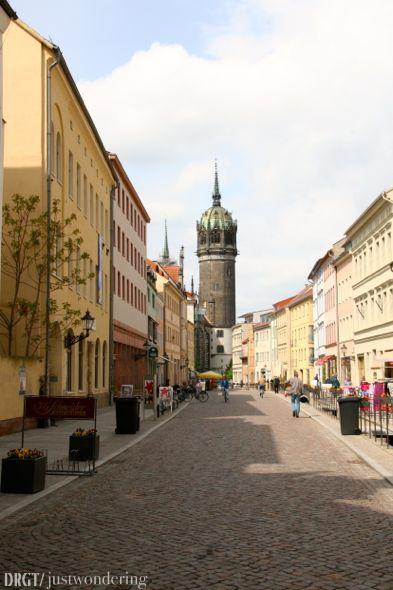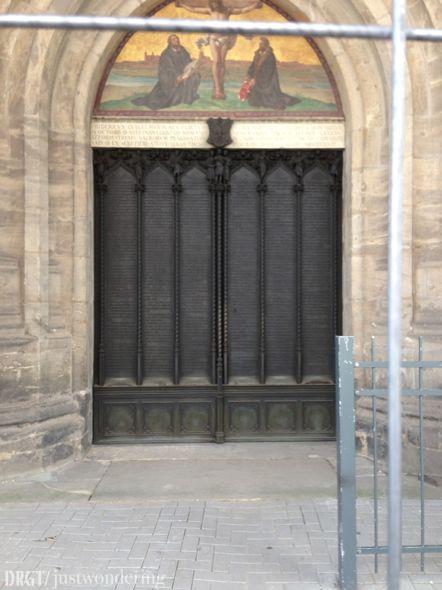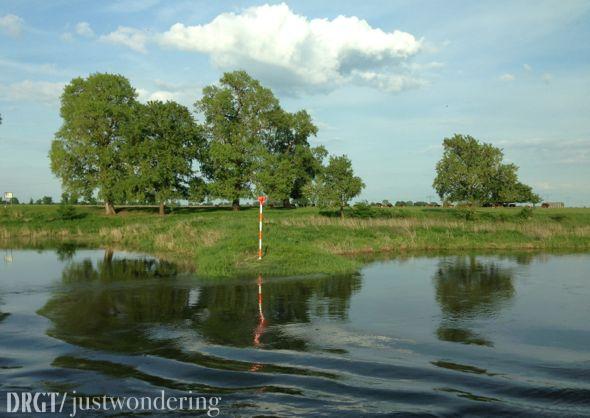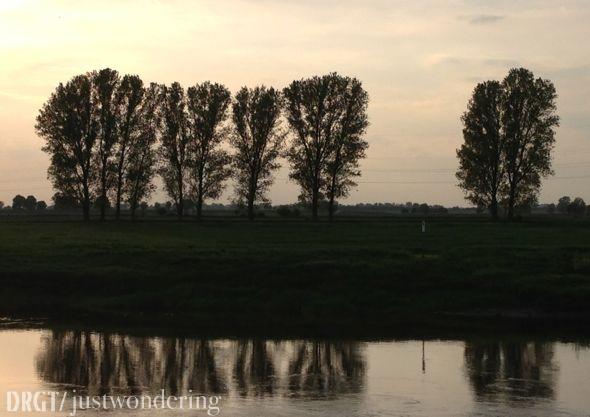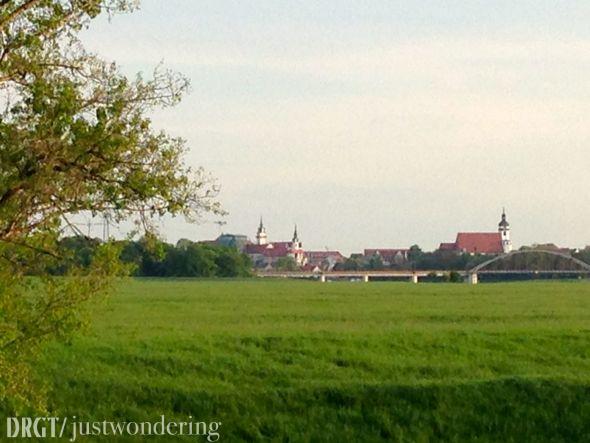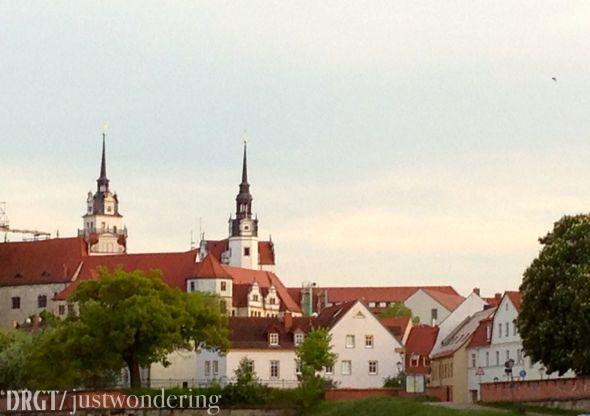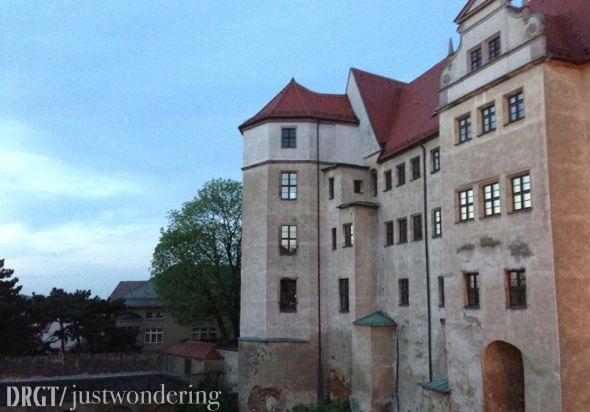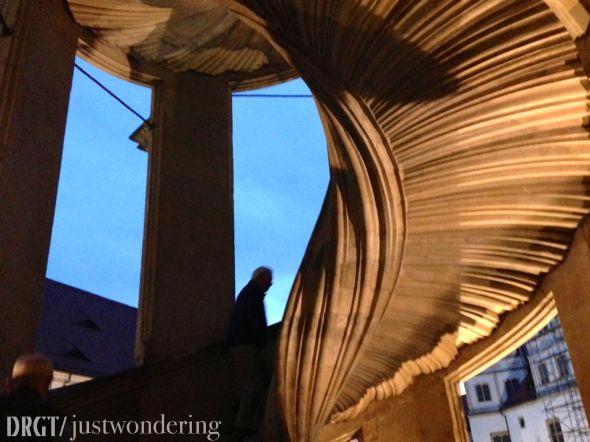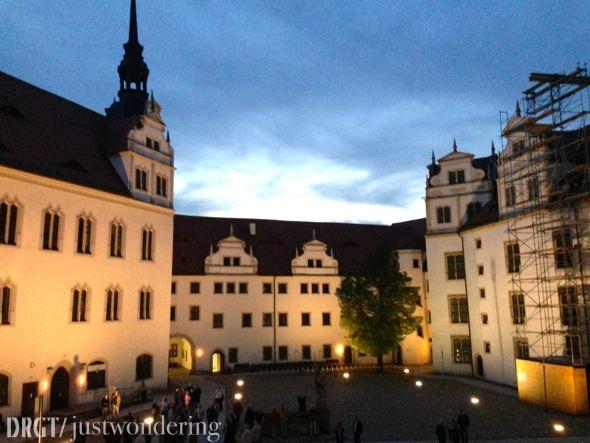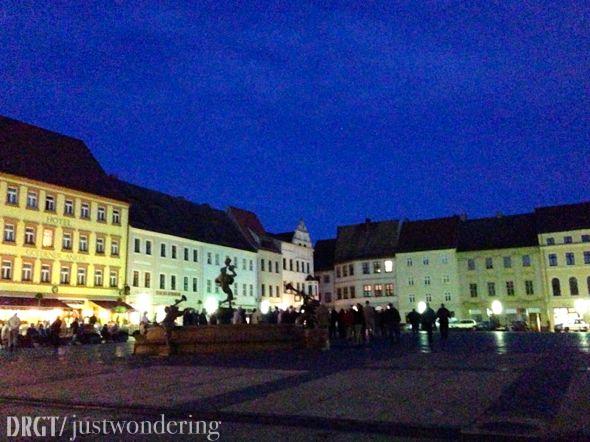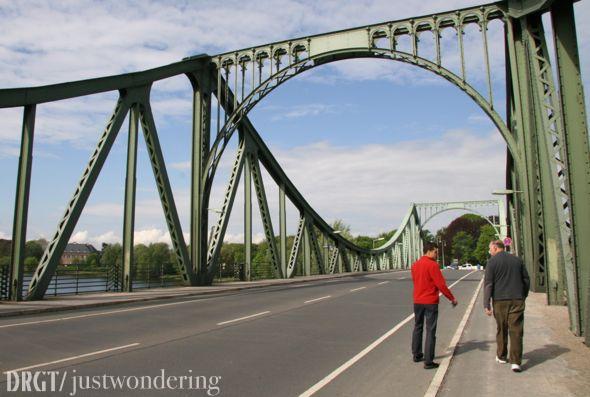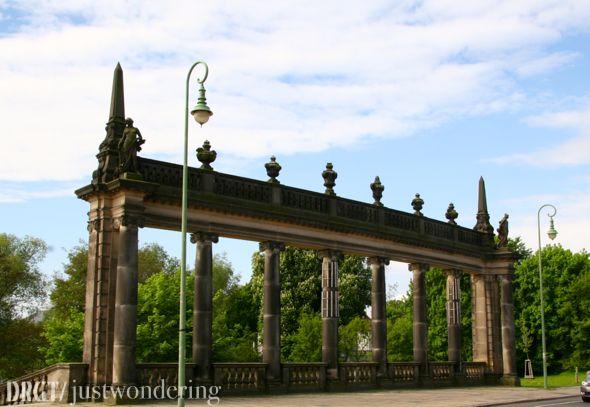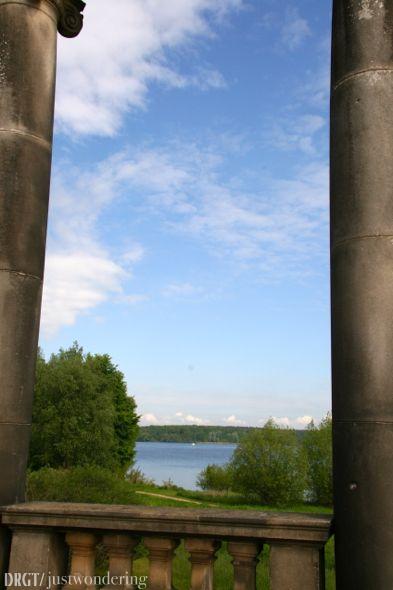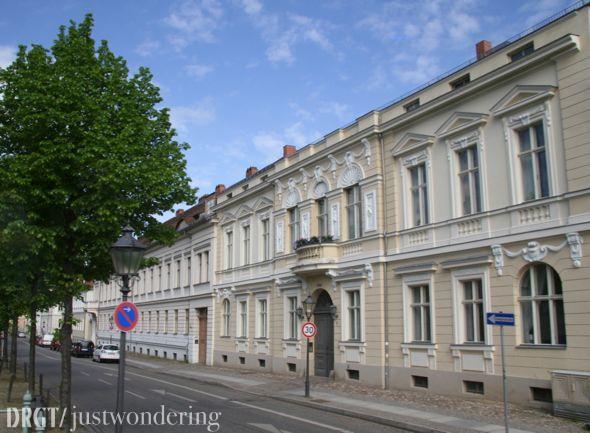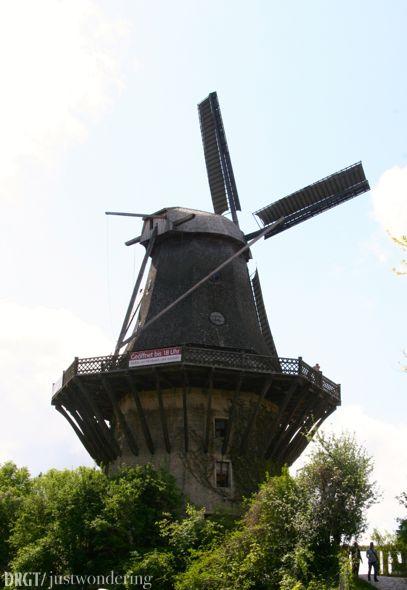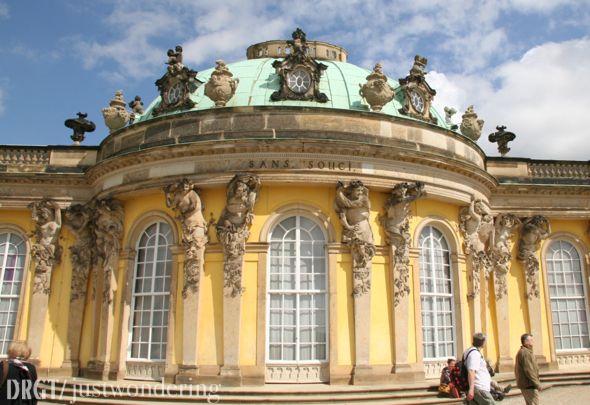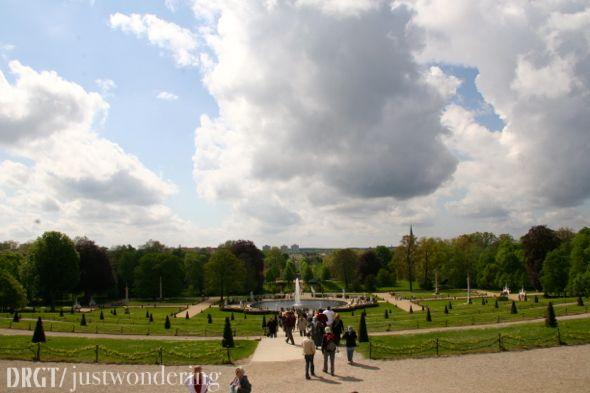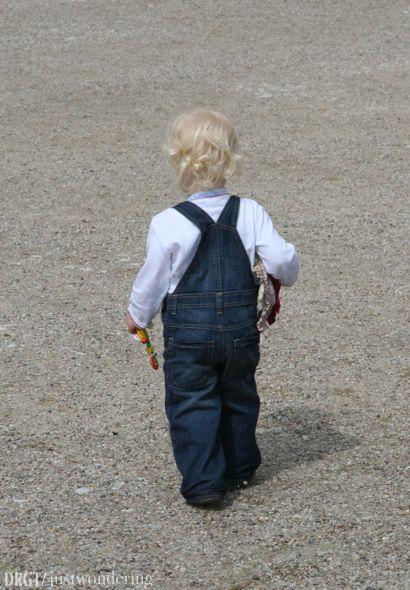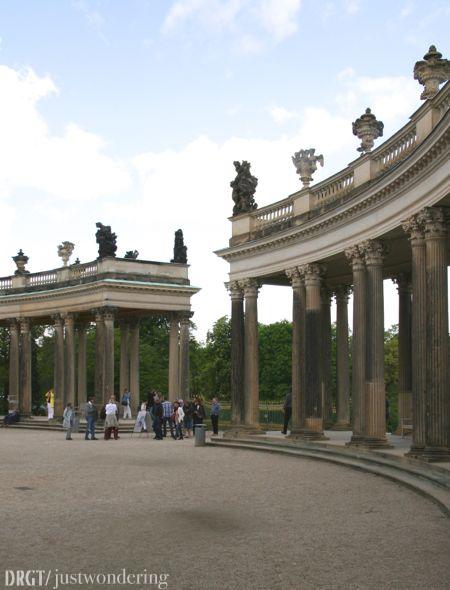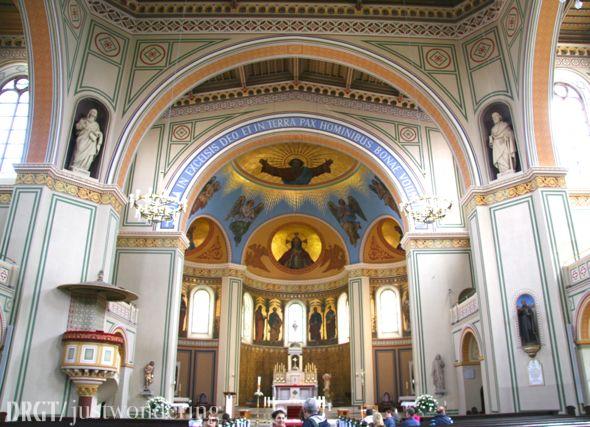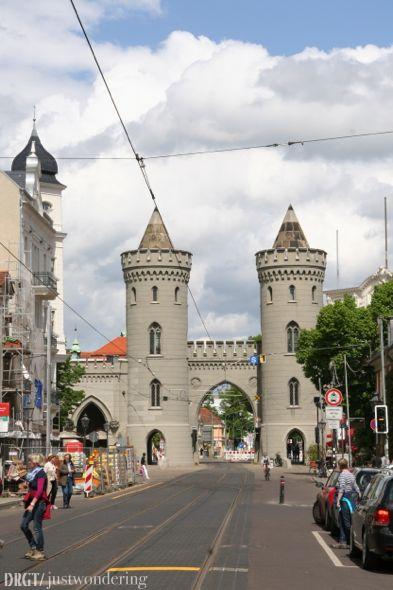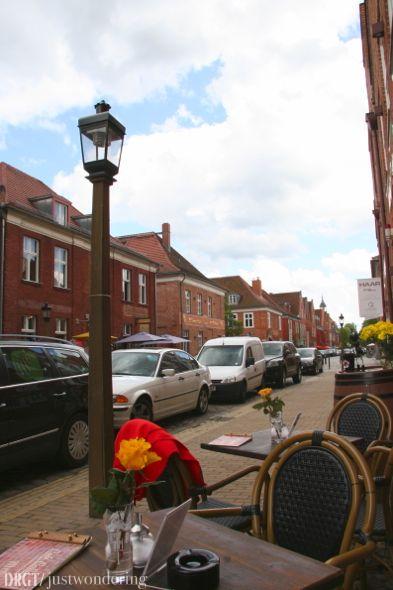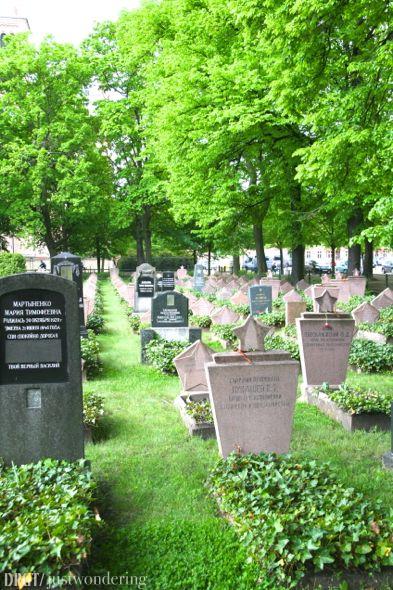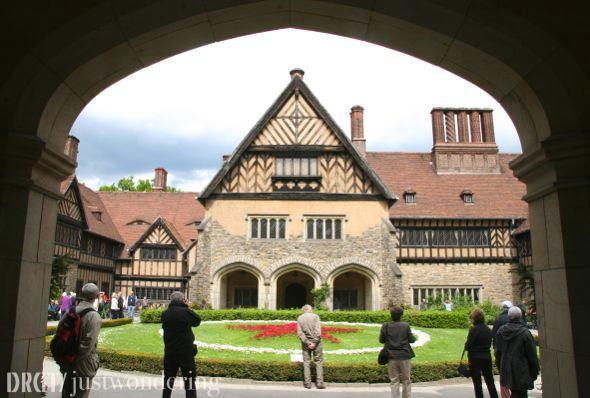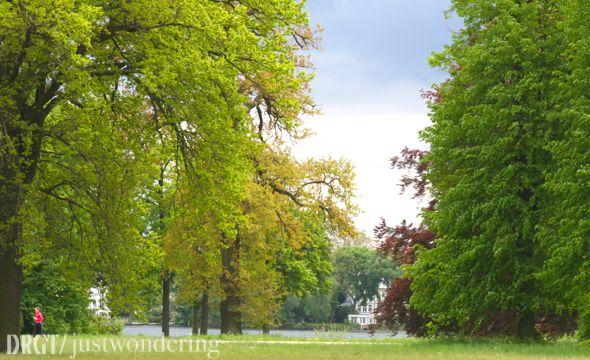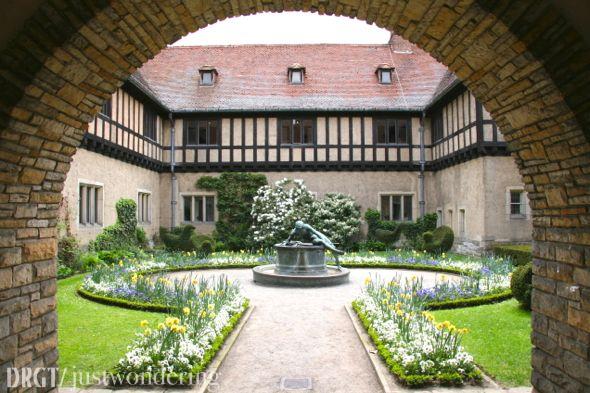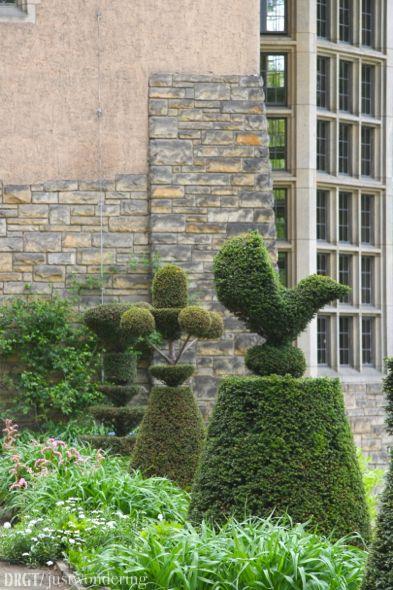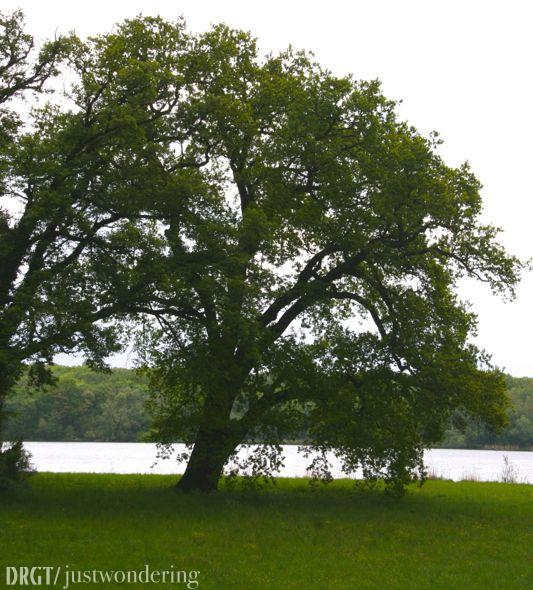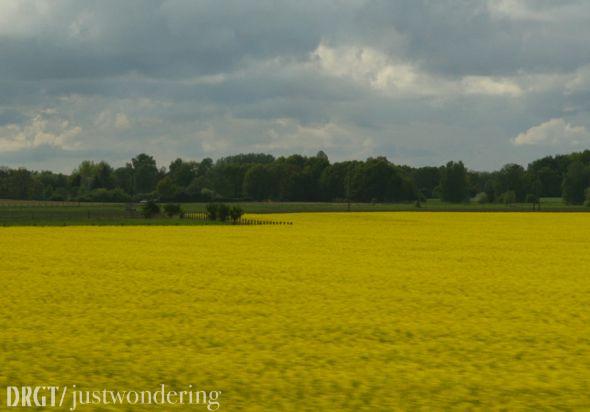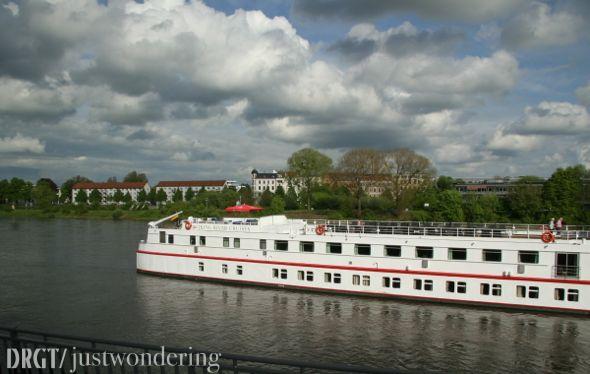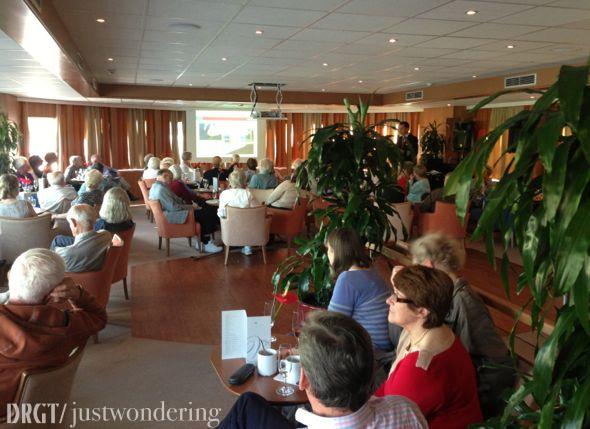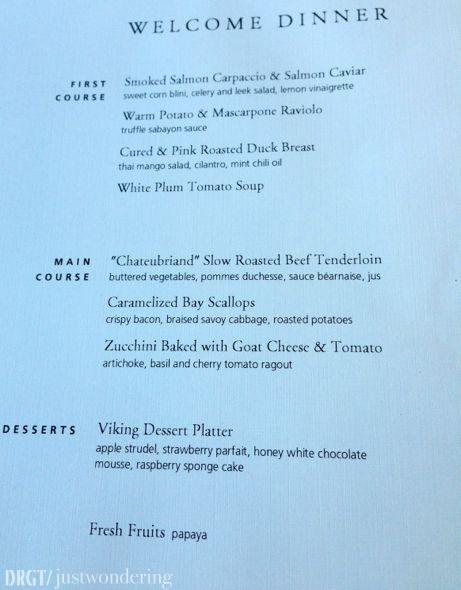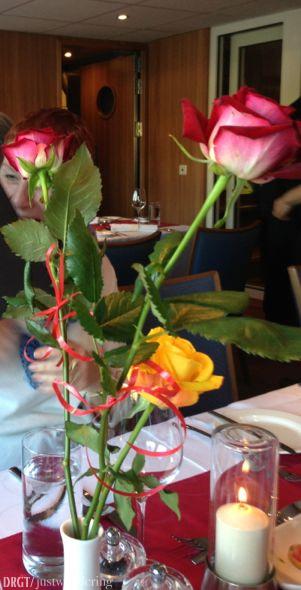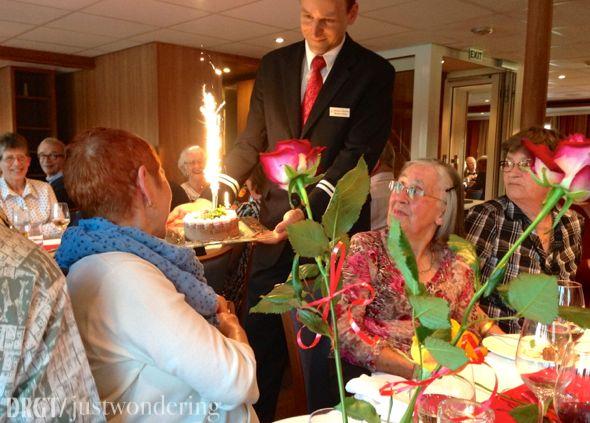The summer series called Midweek Service continues this week with a sermon from John 2, a powerful story that shakes us where we live . . . if we let it:
Marketplace Mentality?
John 2:13-24
The Cleansing of the Temple
Diana R.G. Trautwein
A Sermon Preached at Montecito Covenant Church
Date undetermined, but sometime in 2005 before the arrival of a new pastor
We have just read from the second chapter of the gospel of John this morning. This is a chapter that marks beginnings: the beginnings of Jesus’ ministry of miracles> – with the joyful changing of water into wine at the wedding feast in Cana in the opening verses of chapter two; and the beginnings of Jesus’ ministry of <em >majestyas he moves through the temple courtyard with authority, and with surprising anger – and as he begins to engage the Jewish leaders in the kind of cryptic dialog that will characterize his relationship with them until the end of his life.
Now if your early exposure to scripture was anything like mine, you probably learned a fair amount about that ministry of miracles. Miracles make great stories; they remind us of Jesus’ tender heart and of his desire to help people along the road to wholeness and health. And the story of the water into wine is a lovely, happy example of just that kind of thing. Jesus gathers his newfound friends, brings them along to a wedding party. And while there, he listens to his mother (something every mother in this room is always delighted to hear!), he works quietly, behind the scenes, revealing his power to the servants only, and he produces – simply by the power of his presence and his will – enormous quantities of top-quality wine for the party-goers. John’s gospel tells us that this was ‘the first of the signs through which he revealed his glory; and his disciples put their faith in him.’
‘Jesus revealed his glory . . .’ To whom? To the servants – and to those who became his disciples. So this second chapter of John’s gospel begins with Jesus drawing the people on the edges toward himself.
And it continues with Jesus starting to alienate the <strong >people at the center of things. For his ‘second number’ – as he moves into that ministry of majesty that most of us are far less familiar with — he does a startling thing in a very public way, as opposed to a quiet thing in a very private way. And, in the process of doing this very startling and very public thing, he makes a powerful statement about exactly who he is and why he has come.
Jesus has come to the world of human beings, joined in the day-to-day routine of making friends and going to parties and sometimes listening to his mom and sometimes not. And his very presence in that routine stuff, makes the simplest gesture a moment of sacred power and mystery.
And in this chapter, he has come to the very heartbeat of his society’s sacred showplace. When he does, he recognizes and points out how it has been subverted and diluted and dramatically and wildly separated from anything even close to sacred.
The everyday is touched by the divine and transformed into a shining moment of joy and recognition and glory. That which is viewed by human eyes as ordinary becomes extraordinary.
And that which is viewed by human eyes as extraordinary becomes even less than ordinary in the scene before us this morning.
The spectacular Jerusalem temple – the centerpiece of Jewish faith in first century Palestine –- is revealed as something far less than what it is touted to be. Jesus dramatically points out that his Father’s house has become some sort of a ‘bizarre bazaar’ –- a place of commerce rather than prayer, a place where barnyard animals, birdcages and bankers have created a noisy, dirty, confusing and shockingly profane space.
The temple court has turned into an arena, overcrowded with the wrong kind of people and the wrong kind of activity. Jesus lifts the curtain, so to speak, and reveals the truth that the emperor has no clothes, the Wizard of Oz is nothing more than a bumbling, middle-aged inventor on a power trip, the temple is no longer the place where God dwells.
And he makes a lot of important people very, very unhappy when he does so.
So . . . which is the ‘real Jesus?’ The happy-go-lucky, water-into-wine, hail-fellow-well-met Jesus we meet in verses 1-12? Or the angry, zealous, whip-snapping, table-turning, animal-driving, in-your-face, rabble-rouser we meet in verses 13-24?
Which one would you rather meet today?
Which one do you need to meet today?
Are you thirsty for some excellent new wine? Wine that has been ‘kissed’ by the carpenter from Nazareth who’s just beginning to reveal himself as someone more than a carpenter?
Or do you have some tables that need turning over, some messy animals and noisy birds that need shooing away so that you can once again discover where God dwells?
Perhaps, like me, you find that you need a bit of both today. Truth be told, I believe we always need a bit of both. We need regular reminders that Jesus is far more complex than any painting of him we might enjoy, far more multi-faceted than any formula or bromide we might read or hear, far more interesting and challenging, perhaps even life-threatening, than we are often led to believe. For Jesus is, as I’ve noted before –- and I believe with these exact words — Jesus is a righteous dude. Right here, in the beginning of his ministry on earth, we begin to see that. John lays it out for us in bold strokes.
There is a Truth, with a capital “T,” in Jesus that just cuts through all the gunk we human beings try to build around ourselves. That gunk that’s designed to show the world that we’re really on top of this ‘spiritual’ stuff, that we’ve got the righteousness rules all figured out, that we can somehow circumscribe God and keep him confined to our own, very limited vision of him.
The Jews were God’s peculiar and particular, chosen people – the ones through whom God decided to show himself to the rest of the world. God drew them to himself, told the story of salvation through them and yet, somehow, they so often misheard the plot, or stopped listening to the story, or decided to make up their own ending.
Not too different from the way we would do it, the way we DO do it. The Temple built during Solomon’s time was glorious, built to God’s specifications and it was the agreed-upon space wherein God would reside during the days of the ancient kingdom of Israel.
But that temple was destroyed as the people ignored God’s story and were eventually led away into captivity. A second, smaller and less ornate temple was rebuilt after the exile and it, too disappeared into the sands of the wilderness.
By the time Jesus entered time and space, King Herod had decided to build a magnificent edifice, in a misguided attempt to ‘get in good’ with the Jews he was sent to rule. He constructed a huge building with a concentric series of courts leading up to the Holy of Holies – that space where only the High Priest could enter and then, only once a year. That space where Zechariah met God and learned he would have a boy to be named John, who would become the Baptizer.
Coming out and down from that holiest of places, there were increasingly inclusive spaces – one for the rest of the priests, one for Jewish men, one for Jewish women, and, at the outside edge, one for Gentiles. That’s where those outside the circle of Israel were invited in. That’s the space where anyone interested in learning more about this God of theirs could come and be taught. That’s the space where all the nations could come and learn to pray.
And that’s the space that was filled with noise and confusion, with animals and merchants and moneychangers. when Jesus strode through it that day, long ago. The other gospel accounts of this incident record Jesus quoting the Old Testament and saying, “It is written, ‘My house will be a house of prayer, but you have made it ‘a den of robbers.’” And Mark even adds the phrase, “a house of prayer for all nations,” underscoring the universal and inclusive nature of the temple’s outer courtyard.
But as Jesus looked around, he saw that it was no longer a welcoming place for strangers and for seekers. It was a bustling marketplace, filled to overflowing with the paraphernalia required by both the sacrificial system and the temple tax structure. There were laws in place, you see. Detailed laws about how much ‘tax’ every adult Jewish male was to pay to the temple for the privilege of worshiping and offering sacrifices there. And that tax had to be paid in one kind of coinage only, so tables were set up – right there in the temple itself – for the changing of Roman coins into the ones acceptable to the temple hierarchy.
And, just to make things more convenient – the animals – the perfect, unblemished animals required for the various kinds of sacrifices needed at those important feast days – the animals were right there, available (for a price, of course) to the pilgrims who traveled to Jerusalem to observe the holy days. Now they used to be available in the valley, just outside the city walls – but over time, they moved closer and closer into the center of things, until they actually encroached on temple territory itself. The mentality of the marketplace had overtaken sacred space and as it did so, it eliminated the only avenue through which 1st century seekers could begin to learn about God.
So, Jesus came for the Holy Days. And Jesus saw that his Father’s house had been scandalized and vandalized and trivialized –and he was furious!
Wouldn’t you love to have seen it? Well, at least part of me would love to have seen it! And the other part of me is terribly worried that I would have heartily joined in with those who questioned Jesus’ authority to do what he did.
“What right do you have to say what you’ve said? What right do you have to do what you’ve done? You’ve messed it up, Jesus. You’ve mixed it up, You’ve thrown everything all around and confused us all. Just who do you think you are?? What sign can you show us to prove that you really do have a right to do what you’ve done??”
And I would probably have heard Jesus’ answer in the same way that those agitated ‘in’ people heard it: “Destroy this temple and I will raise it again in three days,” said Jesus, the carpenter. Yeah, right. Who are you kidding? It’s taken 46 years to get this magnificent building to this point. 46 years, they said, and you’re going to raise it up in 3 days?? You and what army?? Don’t be ridiculous.
Be honest, now. Isn’t that what you’d have been thinking?
John tells us that’s pretty much what the disciples were thinking. He doesn’t say it in so many words, but the implication is there. Why else would he add, “After he was raised from the dead, the disciples recalled what he had said. Then they believed the scripture and the words that Jesus had spoken.” Even the disciples – who had just had such a great time partying with the Lord and his magically created, delicious wine – couldn’t fathom what in the world he was doing or what he was saying about what he was doing.
It is a startling way to begin a ministry – a bold, controversial, puzzling act and an even stranger verbal response.
NOW, with the hindsight of 2000 years, the traditions of the church and most importantly, the word of God written, we know that Jesus was talking about himself. That the building behind him was no longer the dwelling place of God on earth – in fact, it never had been in quite the way that Jesus now began to speak about.
For Jesus is beginning to teach these slightly dense yet dearly loved people that he himself is the dwelling place of God on earth. He himself is God, come, as John’s gospel puts it in the prologue, come ‘to tabernacle with humans,’ come to show us the Father, come to bring his sacred touch to our profane lives, come to transform us into living, breathing temples of the Holy Spirit, come to grow a new temple, an organic one, a body — a huge body of men and women, boys and girls, living across the globe and across the years — that will be the temple for all the millennia until that time when time will not be. Then the temple will be God himself, right in our midst, and we will be in the realm of the new heaven and the new earth.
Now that’s challenging stuff. That’s life-changing stuff, maybe even life-threatening stuff – at least life as we too often live it. (Song lyrics inserted on the screens at this point, lyrics from “Becky and Me,” written by Chris Rice)
Becky has a house on Abundant Life Boulevard
A good name, good family, and butterflies in her yard
Becky loves Jesus and really wants to make Him proud
She tears up in church and she sings her harmonies loud
She’s got a Bible by the bed, a prayer journal, and a fish on her car
She makes sure to bow her head and give thanks in every restaurant
But is that enough?C’mon Becky, let’s go for a ride
If I’m driving too fast then I apologize
But there’s a world out there that we left behind
Full of souls as important as yours and mine
Looks like a reckless road, and a sacrifice
And I’m crazy scared it may cost our lives
But then I remember Jesus died
So c’mon Becky
Let’s go for a rideI’m rolling up to Becky’s house on my Sunday drive
I have to laugh to myself ’cause it looks exactly like mine
I smile and wave at all the happy people strolling by
We’ve got the same walk, same talk, and the same sparkle in our eyes
‘Cause we’re thankful for the blessings, but maybe we could lay ’em aside
I get a feeling we might be missin’ the time of our livesSo hop in and hold on tight
c’mon Becky, let’s go for a ride
If I’m driving too fast then I apologize
But there’s a world out there that we left behind
Full of souls as important as yours and mine
Looks like a reckless road, and a sacrifice
And I’m crazy scared it may cost our lives
But then I remember Jesus died
So c’mon Becky Let’s go for a ride‘Cause we’re thankful for the blessings, but maybe we could lay ’em aside?
I get a feeling we might be heading for the time of our livesSo hop in and hold on tight
C’mon Becky, let’s go for a ride
If I’m driving too fast then I apologize
But there’s a world out there that we left behind
Full of souls as important as yours and mine
Looks like a reckless road, and a sacrifice
And I’m crazy scared it may cost our lives
But then I remember Jesus died
So c’mon Becky Let’s go for a ride
So, if Jesus were to walk through this temple today, what would he find? This temple – meaning. not this building, wonderful and beautiful and set apart as it is to be sacred space – not this building, but this temple — our bodies – each of us, together and separately?
What are the things that have gotten in the way of our Father’s house?
The market place? Trying to do the right things, say the right things, impress the right people with our piety? Trying, perhaps, to offer ourselves as burnt sacrifices when that job has already been done, far more completely than any one of us could ever do it?
When Jesus arrived at that long ago courtyard, he found it crowded with the wrong kind of people doing the wrong kinds of activities. Instead of being open to the world – a place where strangers were invited in – to find a place of learning, of quiet, of prayer, a place to explore what it might mean to approach the God of the Universe, The God of the World, The God of the People of God – it was a place crowded with marketeers, with stray animals, with people trying to change money from profane to sacred – to make things kosher, to line up the ducks, to make the pieces fit, to keep God inside the dimensions of a box of their own creation.
And Jesus said, no.
Open it up, quiet it down. Make this place a temple again, a place of prayer – for all people – not just the okey-dokey people. Not just the people with the right kind of money. Not just the people who know the rules and obey the rules, but the people who haven’t a clue and who need one so very badly.
Is there space in this temple – this body of believers – for God to really dwell and do a new thing? Is there space in this temple for a new pastor, a new pastor’s family, a new pastor’s ideas and leadership?
Is there space in this temple for new people, people different from the ‘in’ group, people on the edges, people who need a clue?
Is there space in this temple for new ways to worship together? For new music, for new art, for new drama? Is there space in this temple for new ministries to children? to students? to adults? Is there space in this temple for God to do the work God wants to do in and through us? What needs to be cleaned up and driven out of your life? Of my life? Of our life together?
Oh, Jesus, We need new wine, And we need the tingle of that whip. We need to wake up and reach out and open wide. We need to let you in in ways that may scare us a little, that may make us wonder what in the world you’re up to. We need you to be the Lord of the church, the one through whom we meet God Almighty, the one who dwells in us by the presence of the Holy Spirit.
Come, Lord Jesus.
Remind us that you came to make our ordinary lives sacred. Slice our hearts with your loving touch and help us to hear your call, and then, to obey it.
Amen.
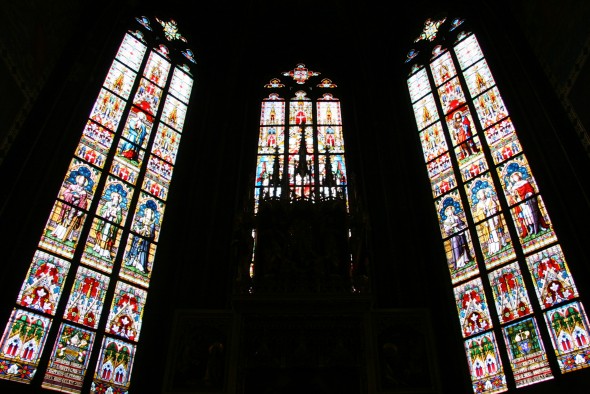
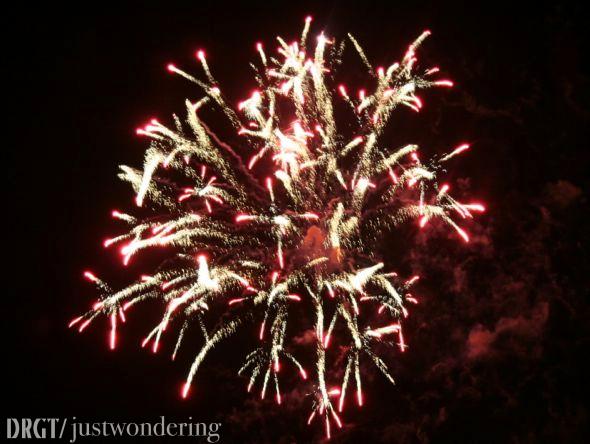
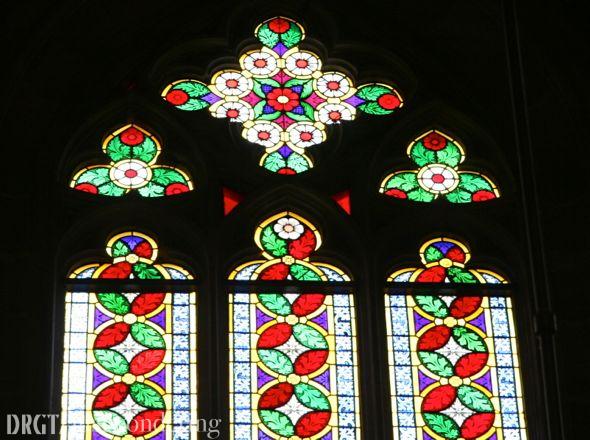
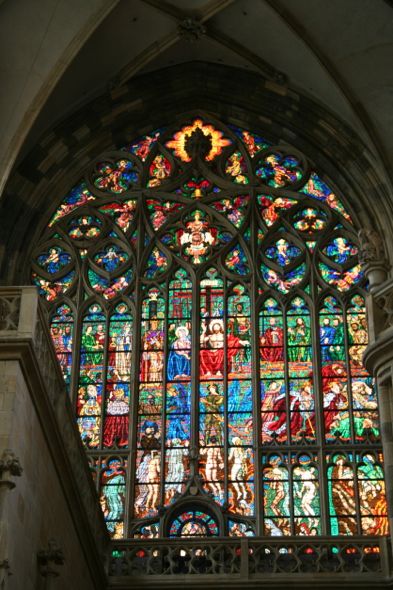
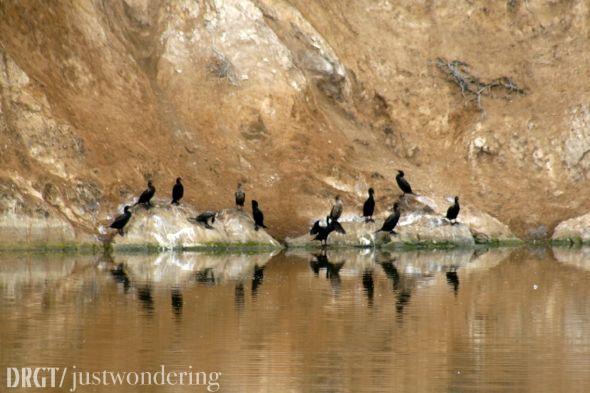
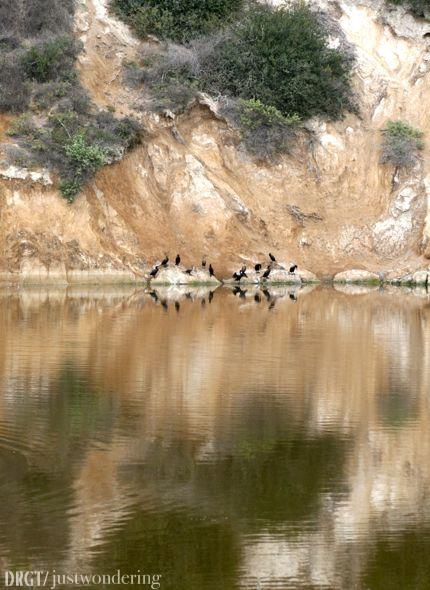
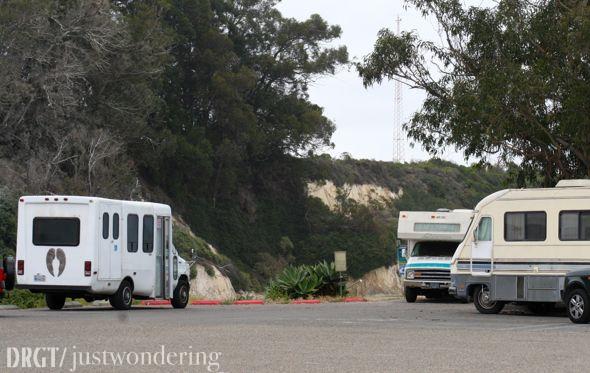
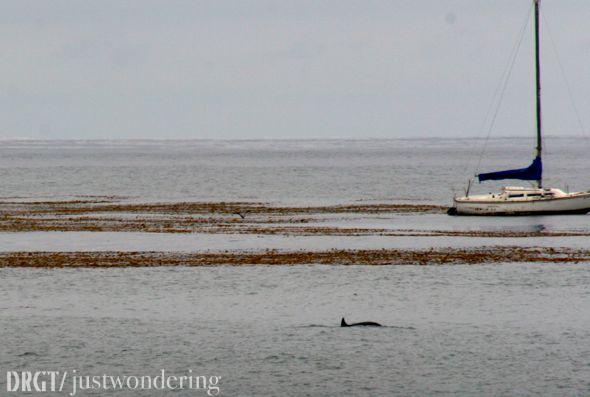
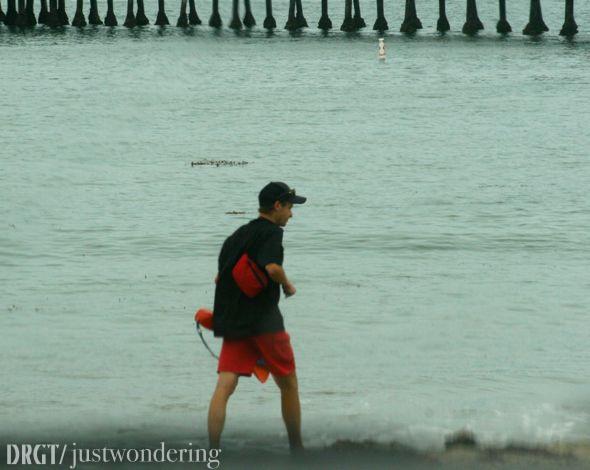

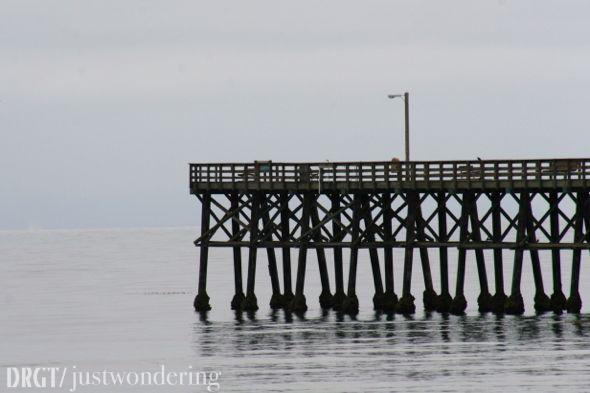
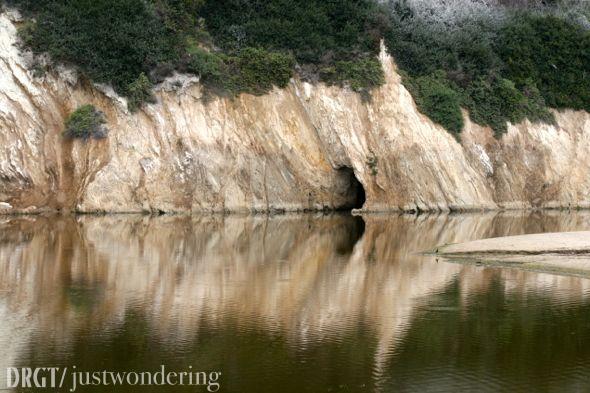
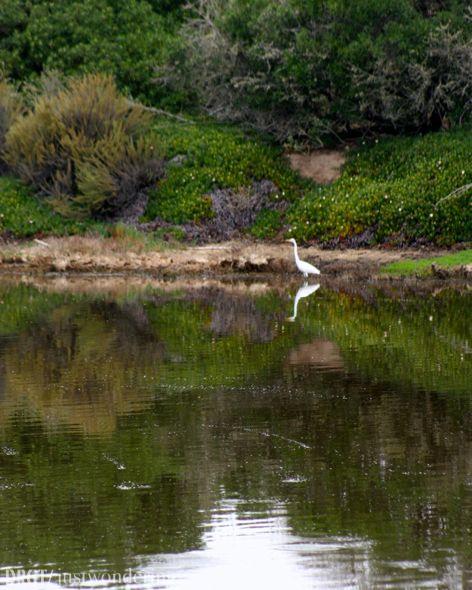
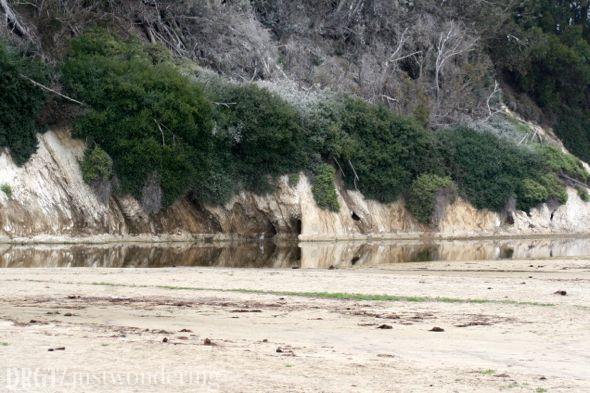
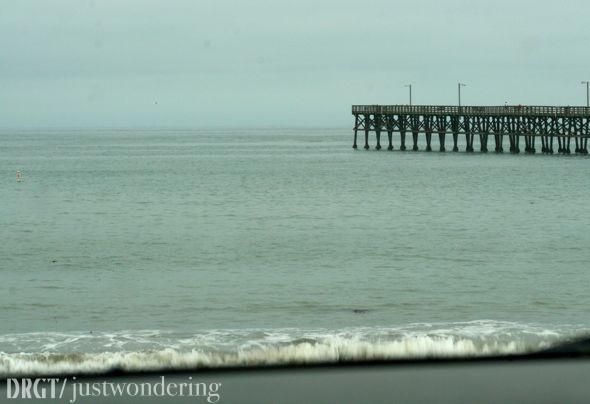


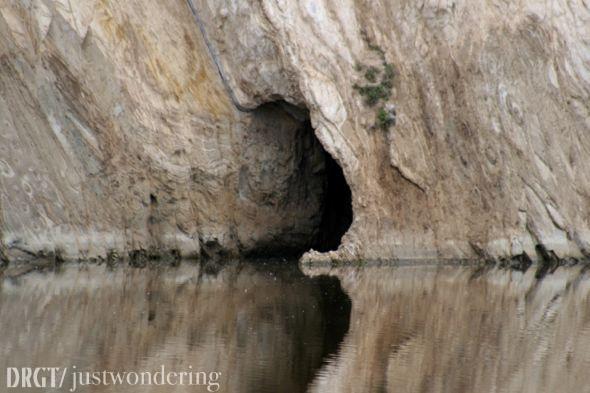




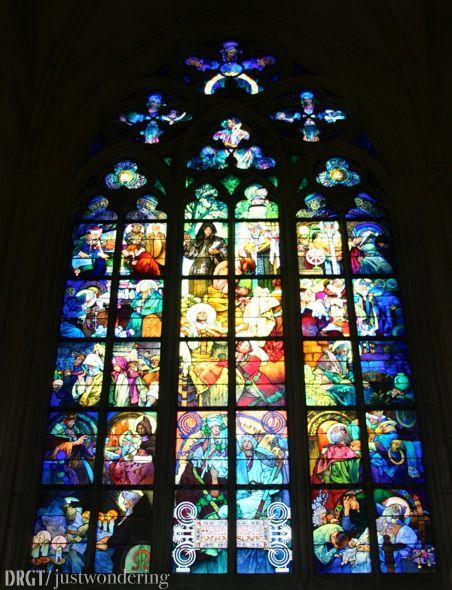

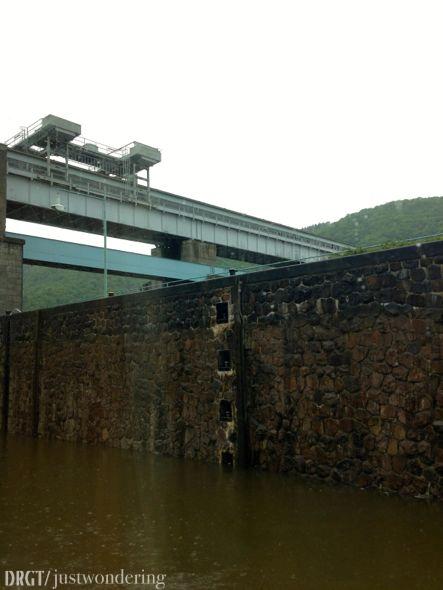
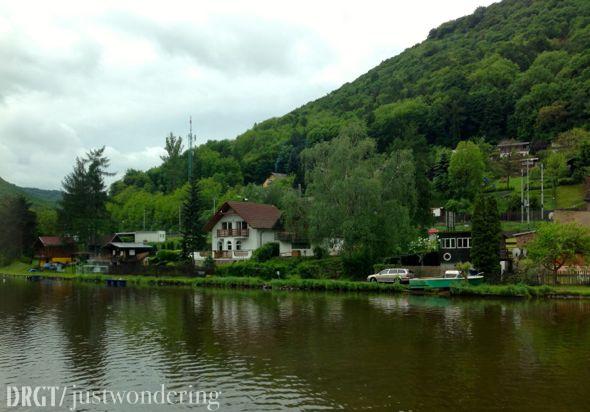
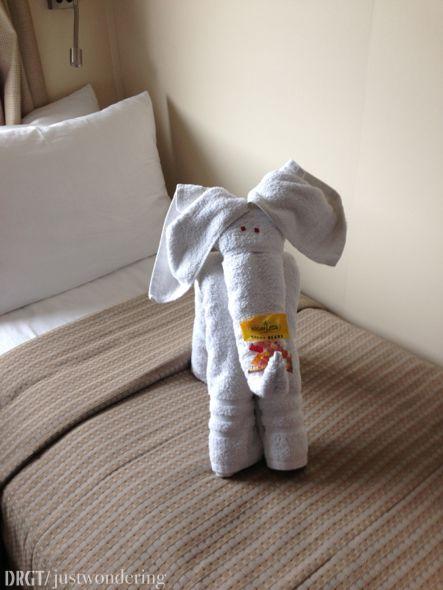
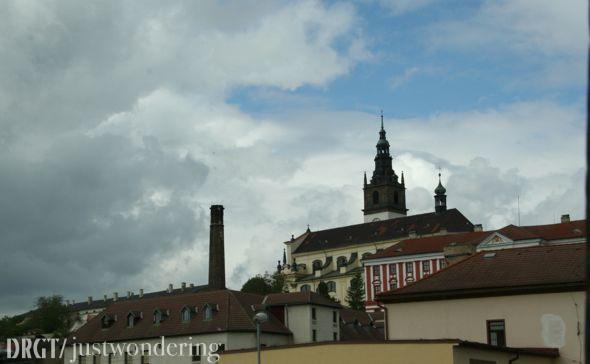
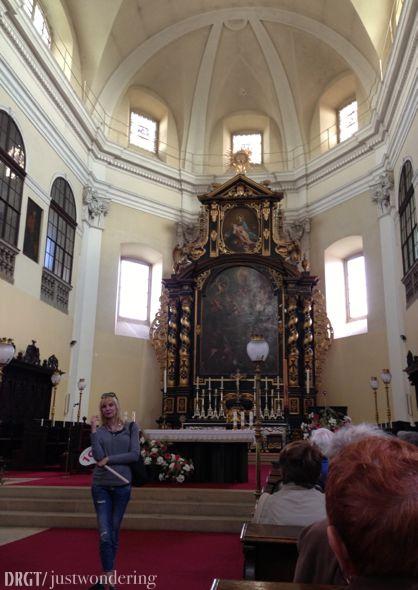
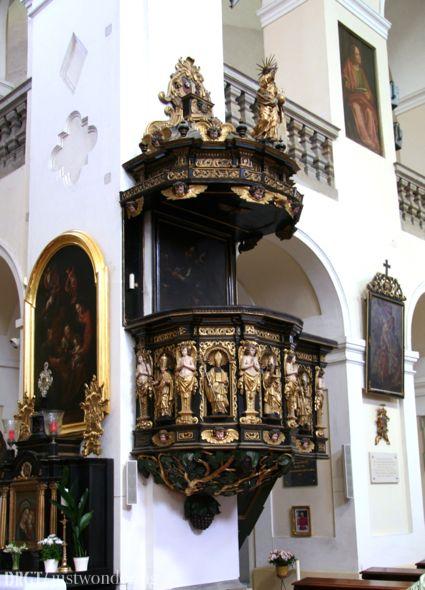


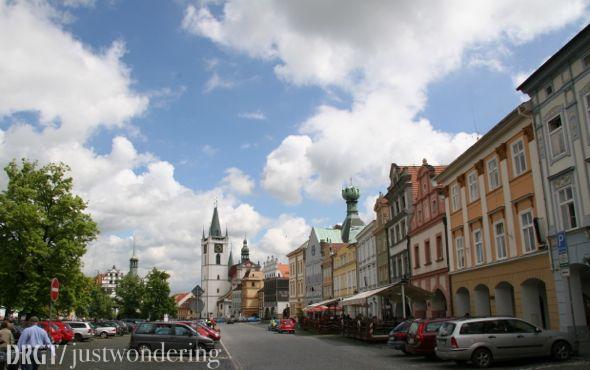
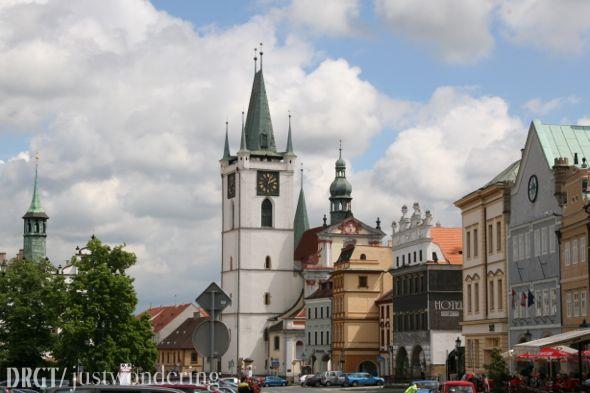

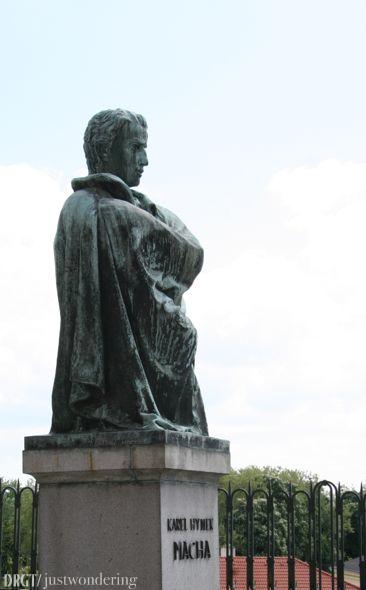
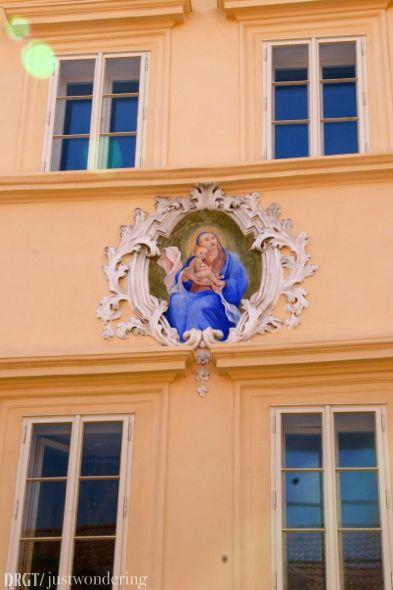
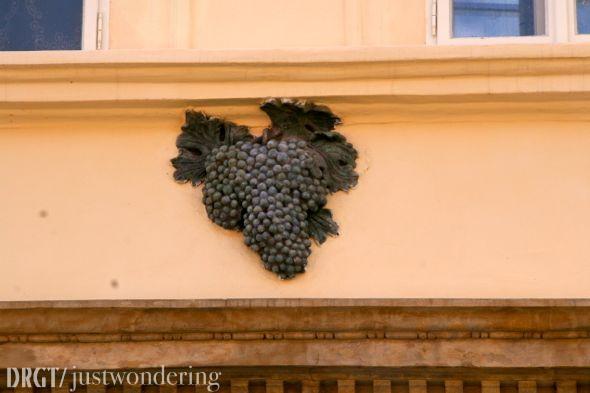

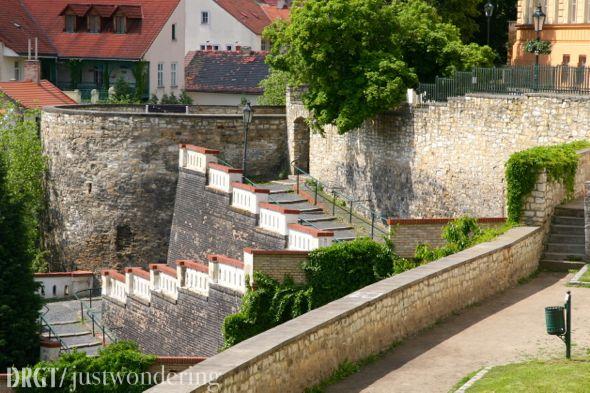
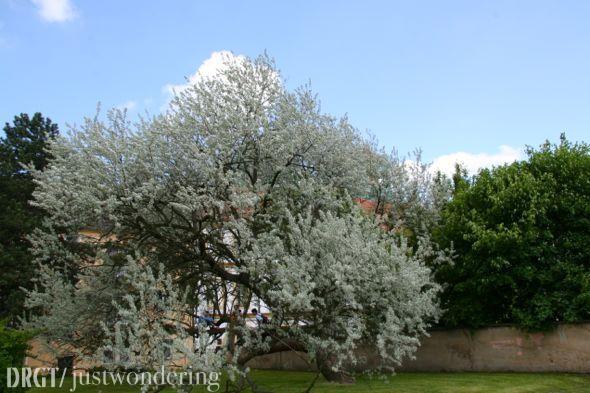


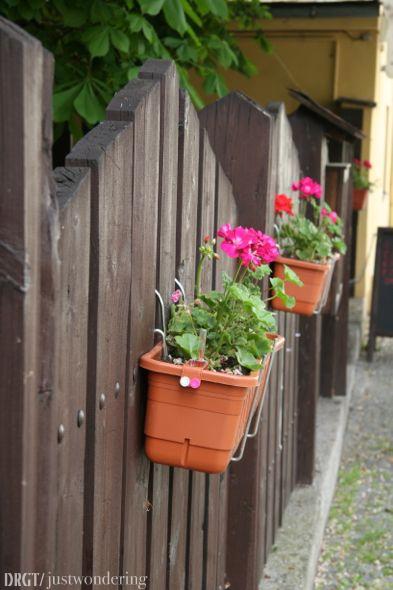
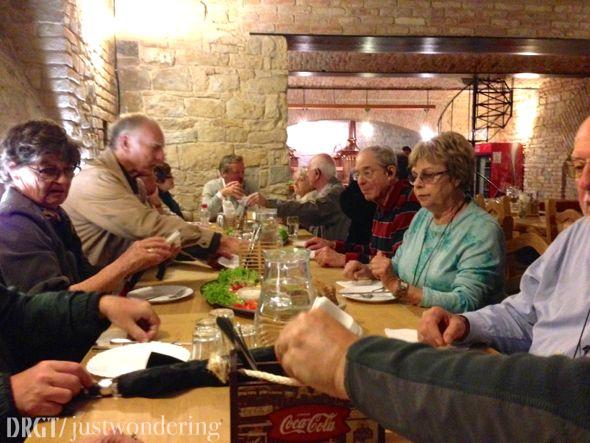
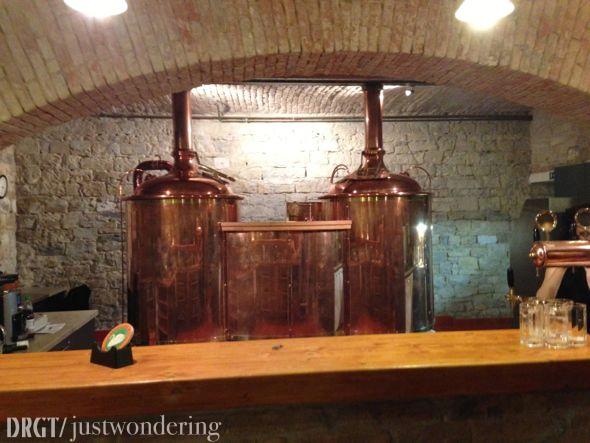
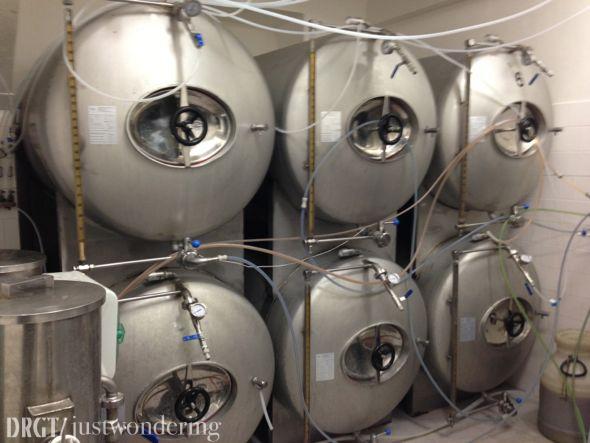
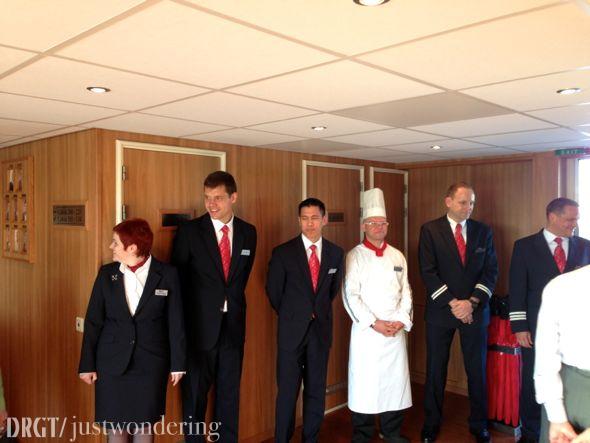
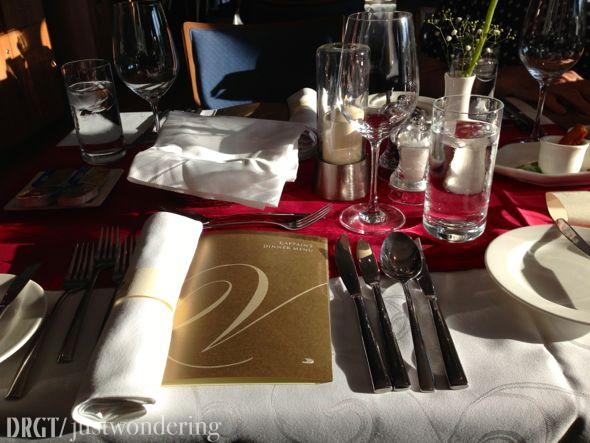
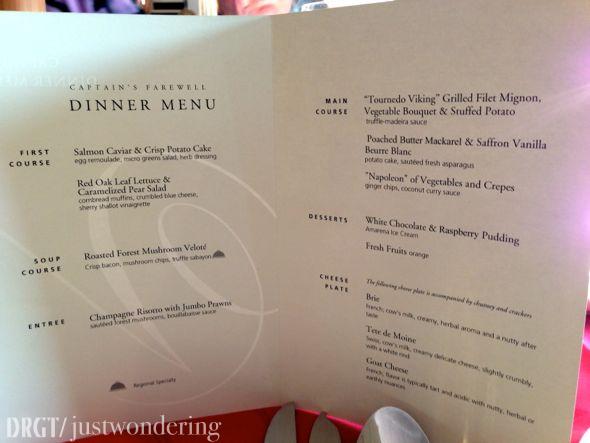
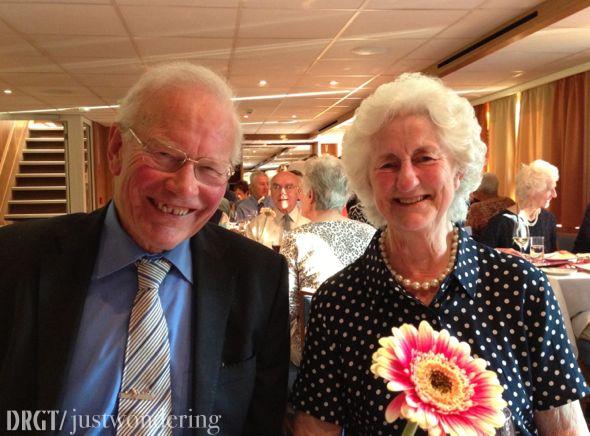
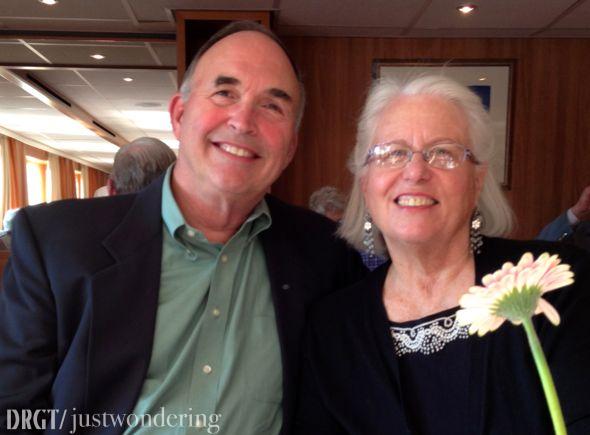

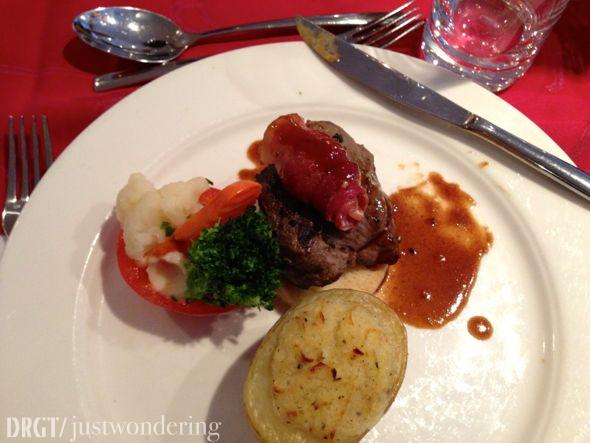
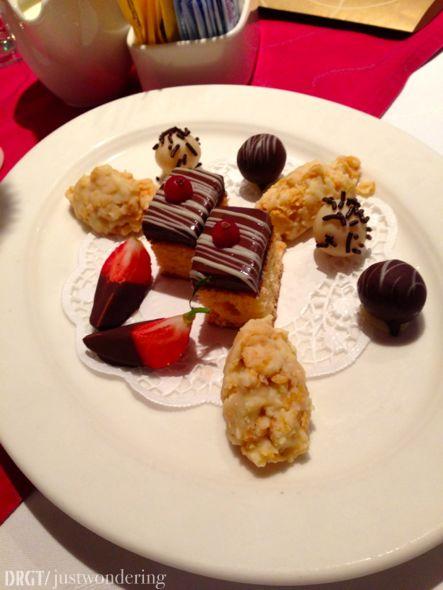
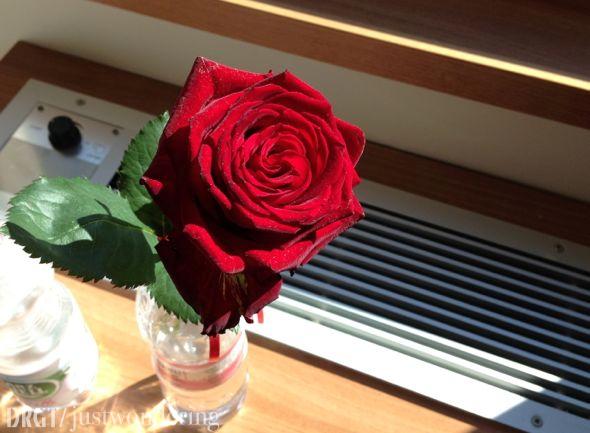

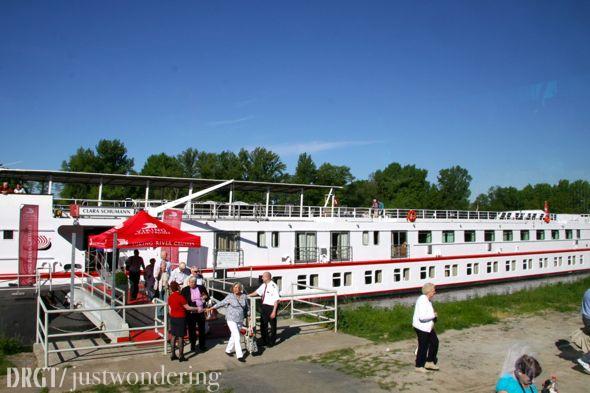
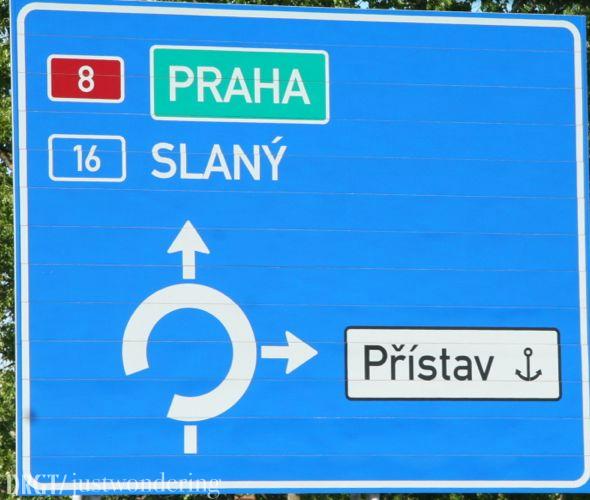


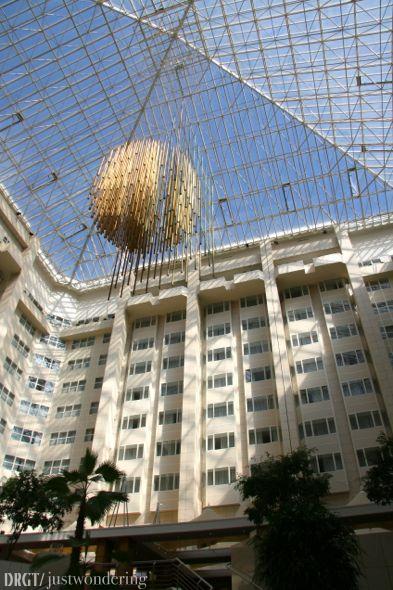
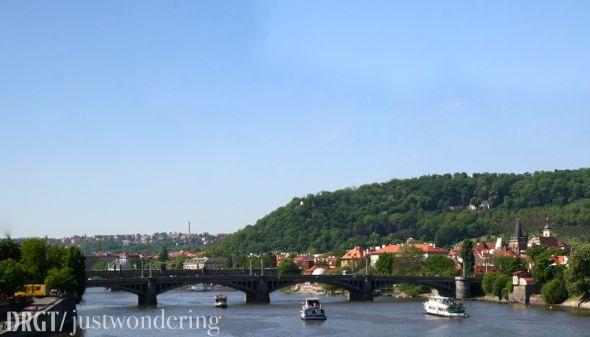
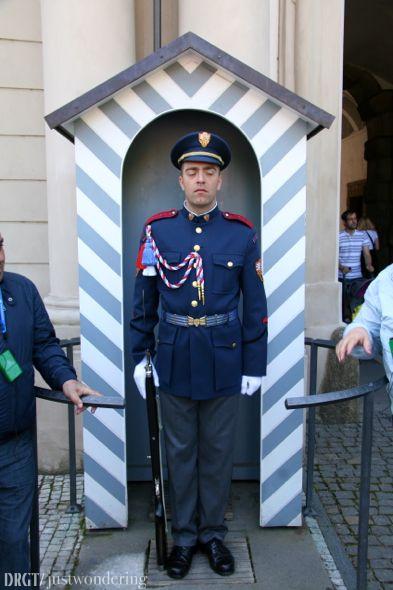
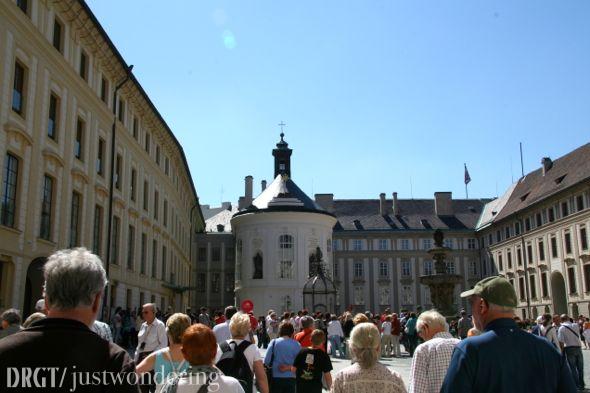
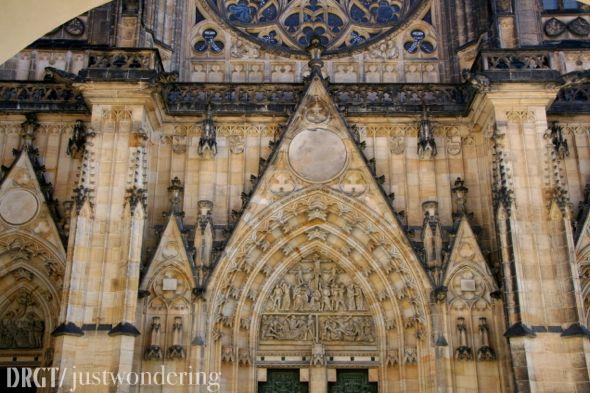
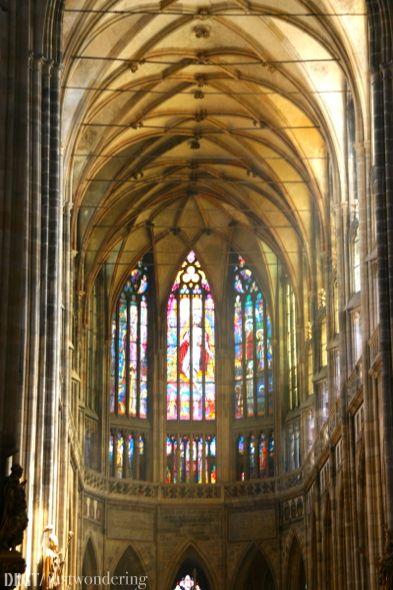

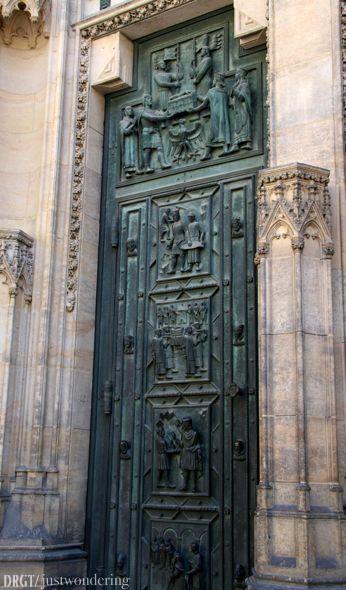
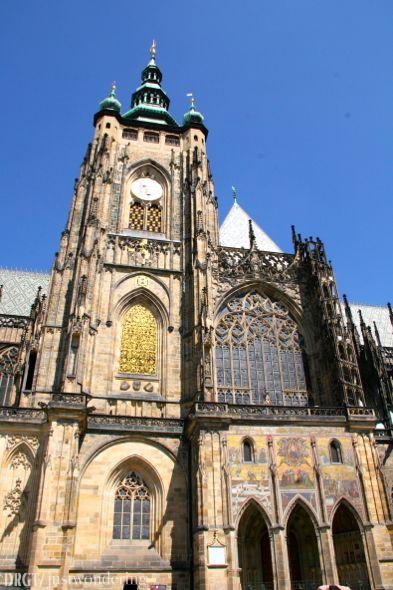
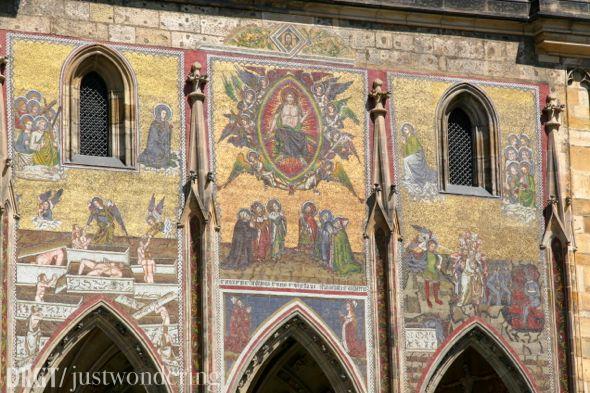
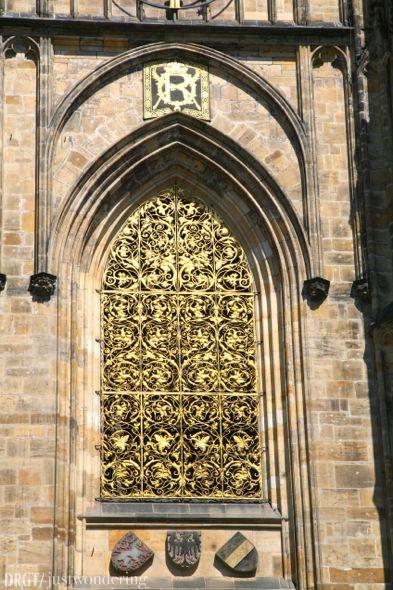

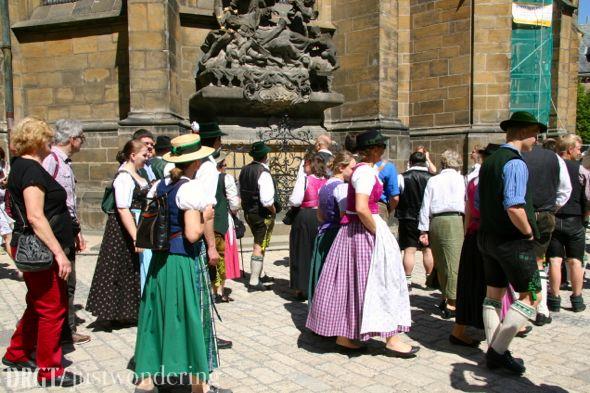
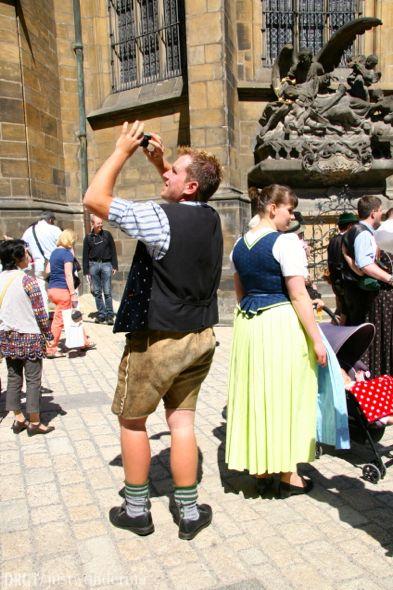
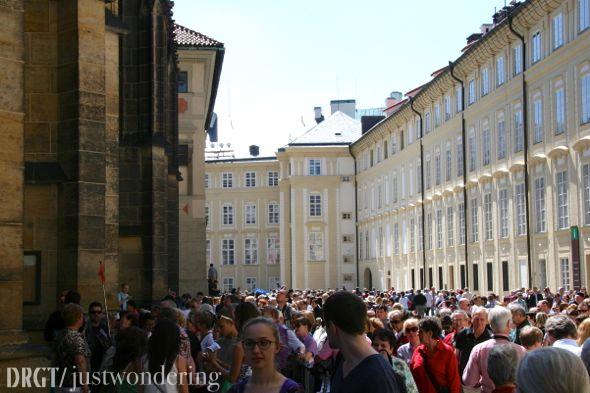

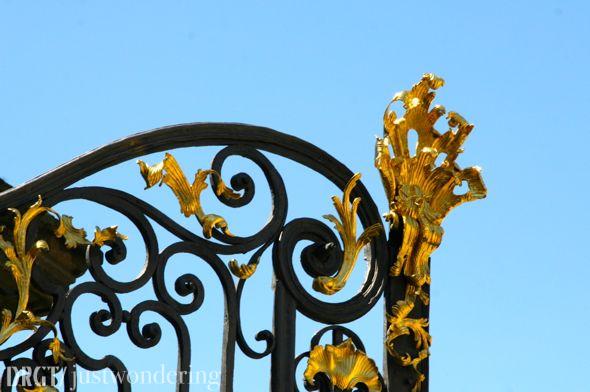
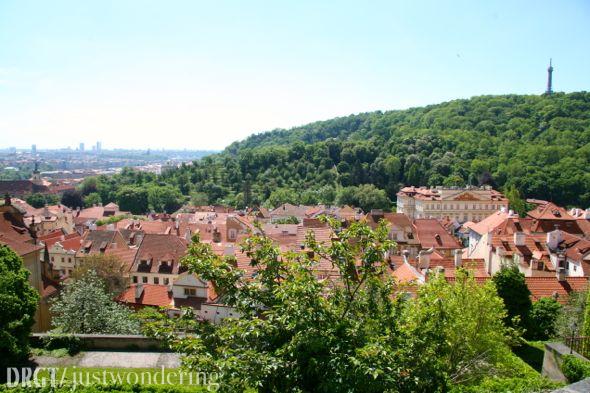

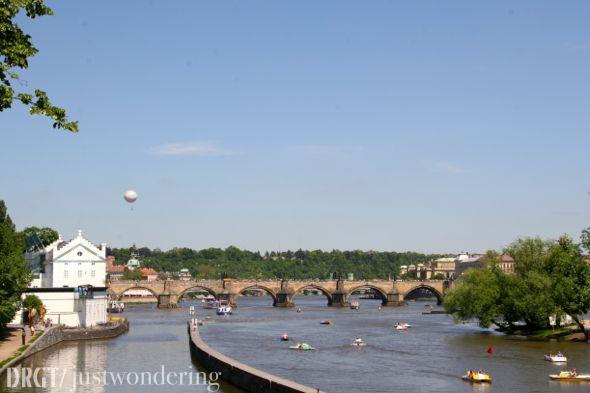
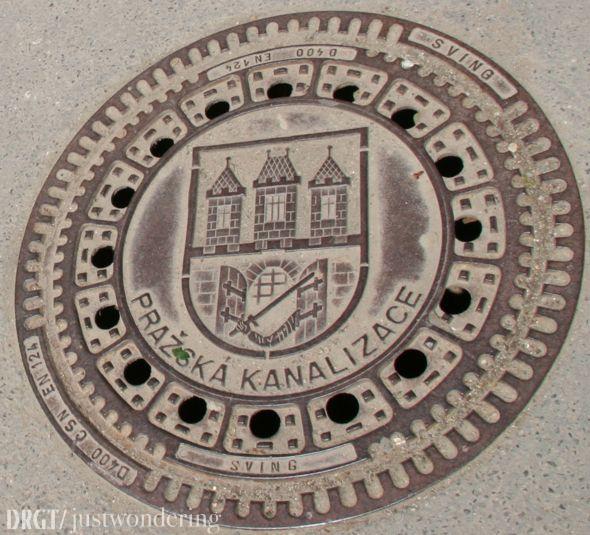
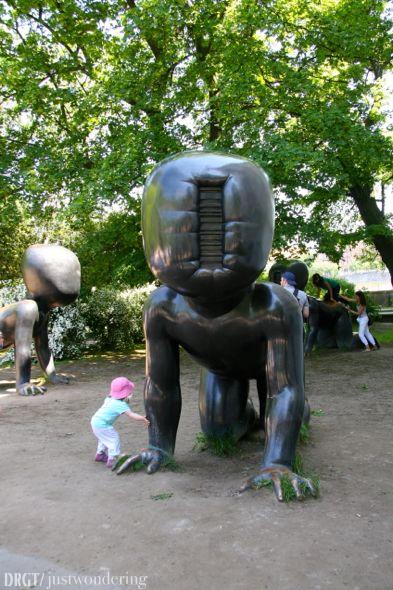
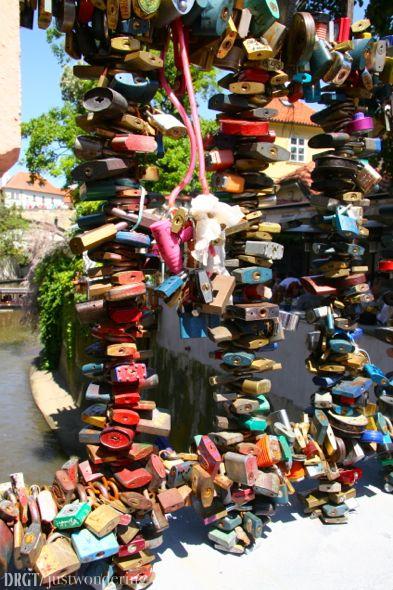
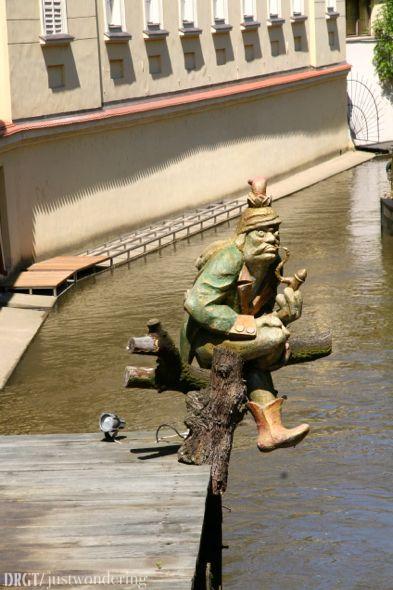
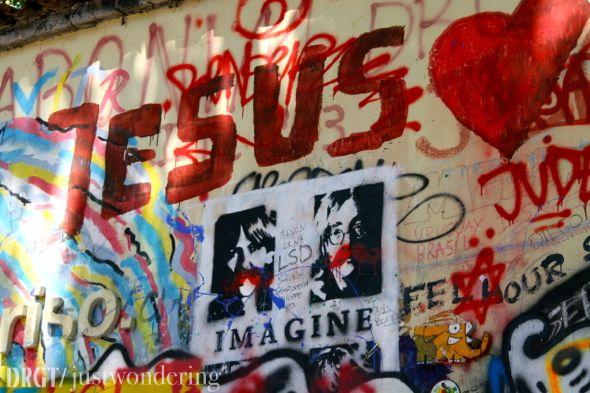
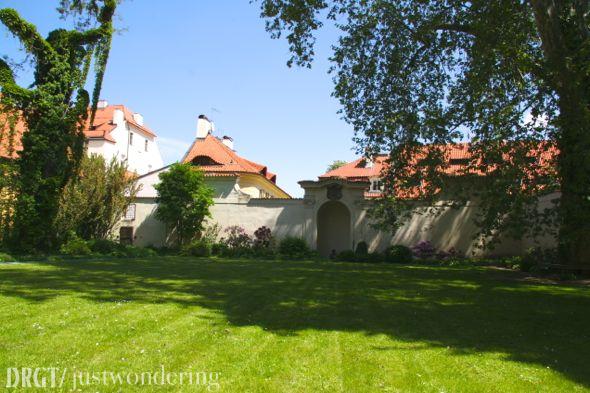


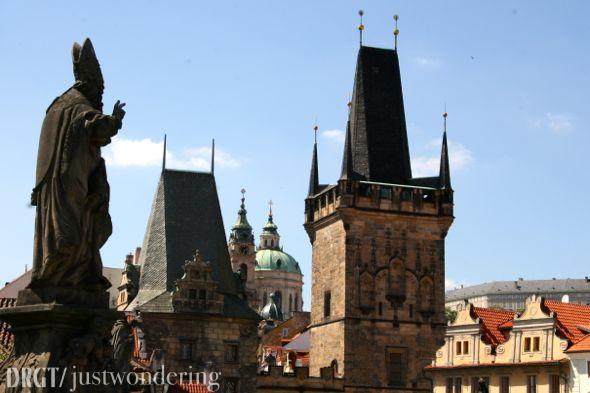
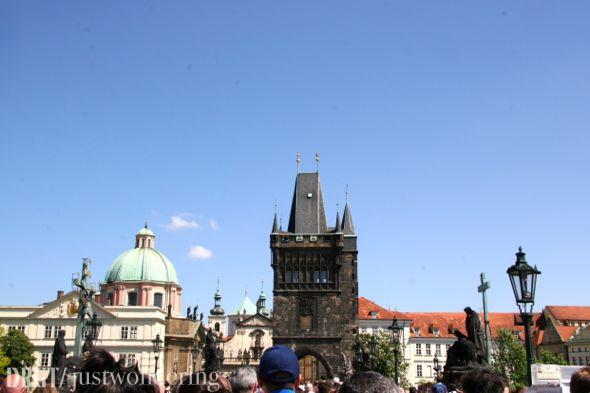
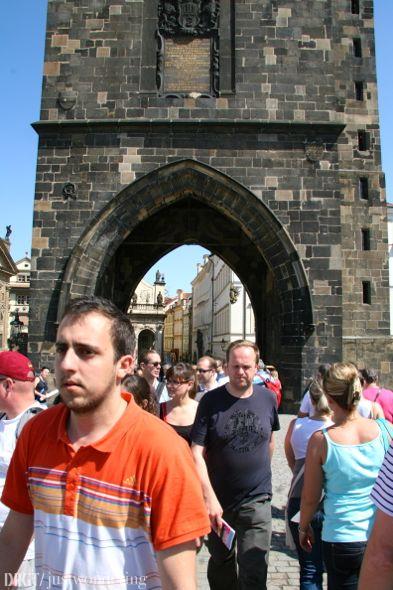
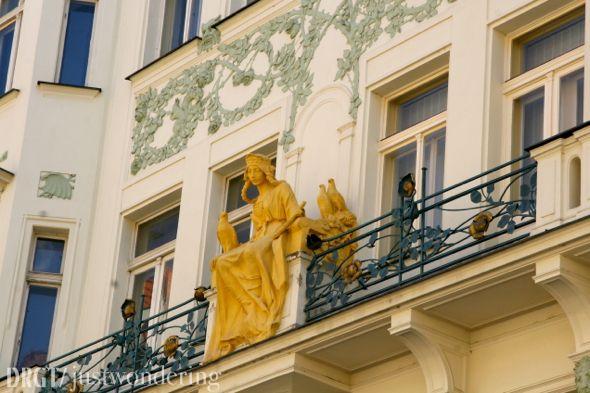
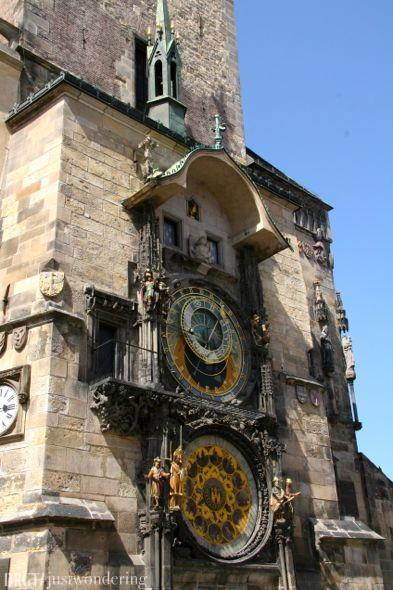

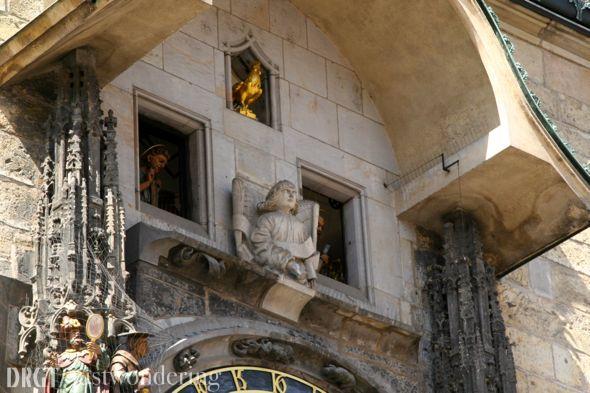
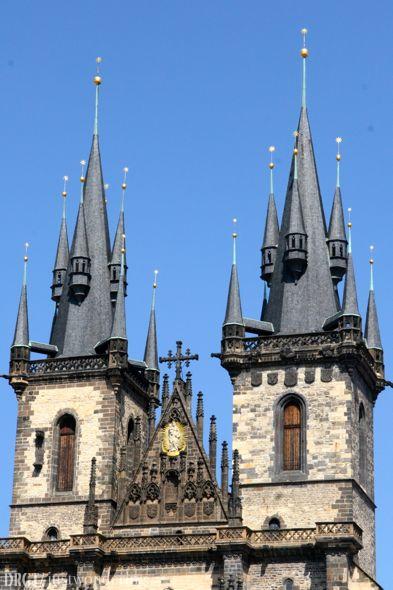
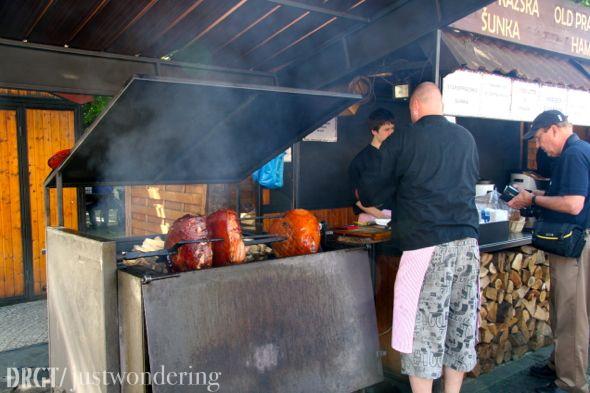

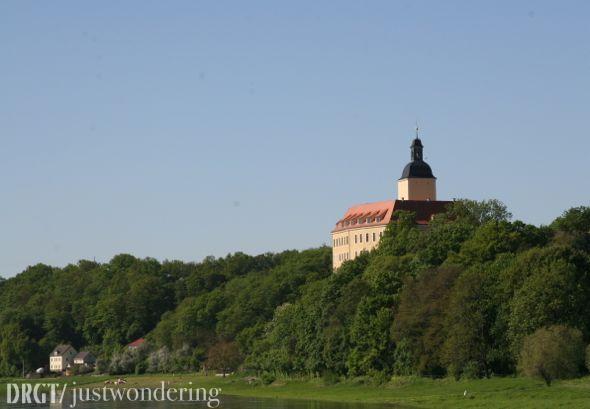

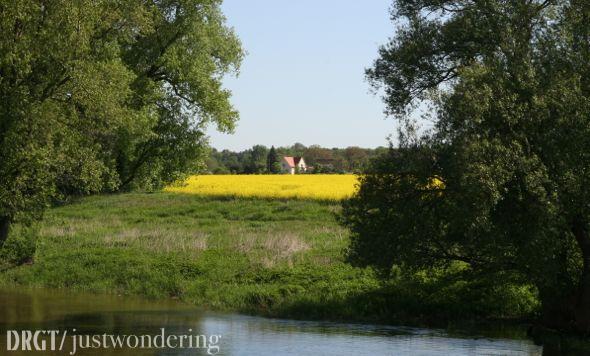

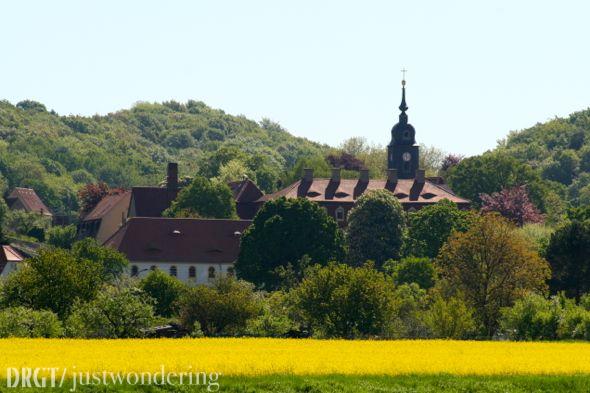
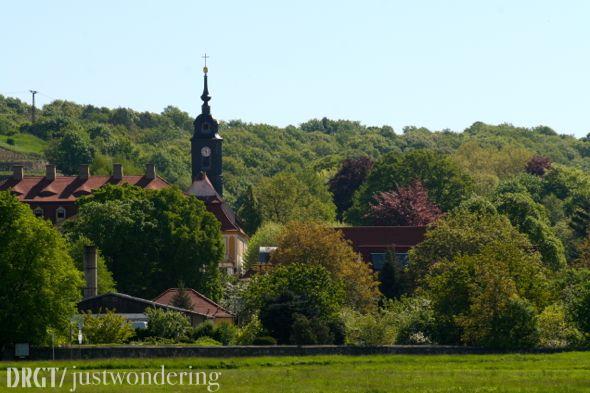
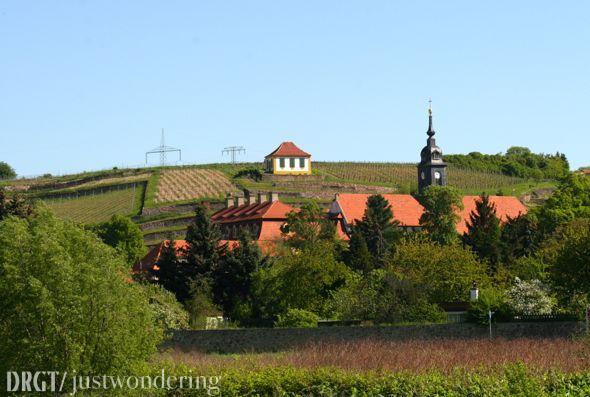
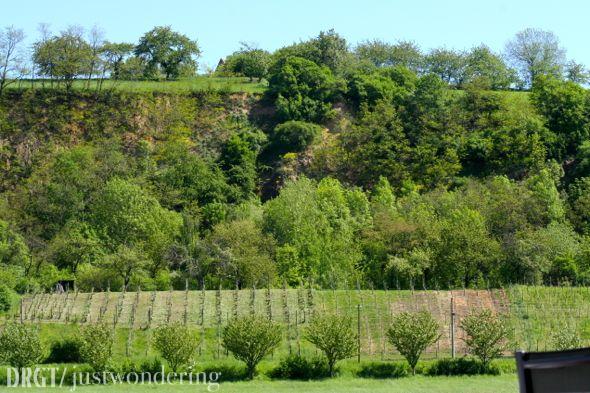

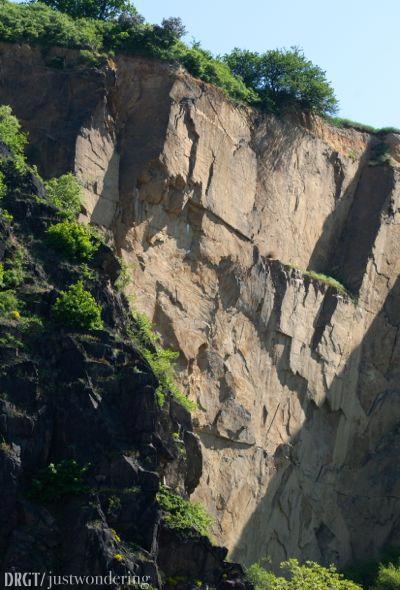

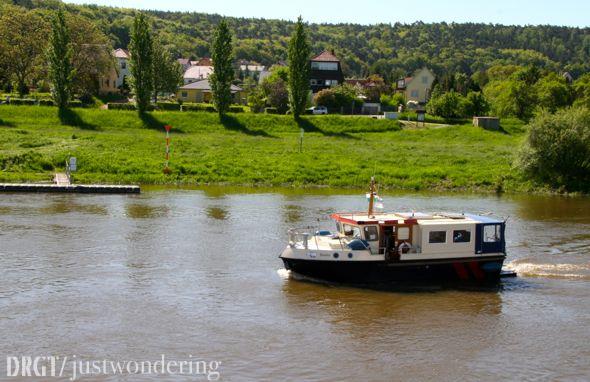
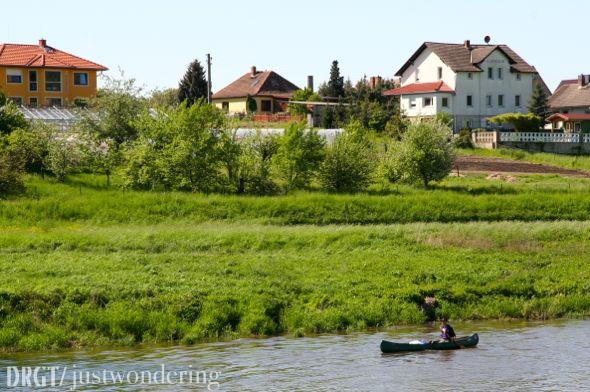
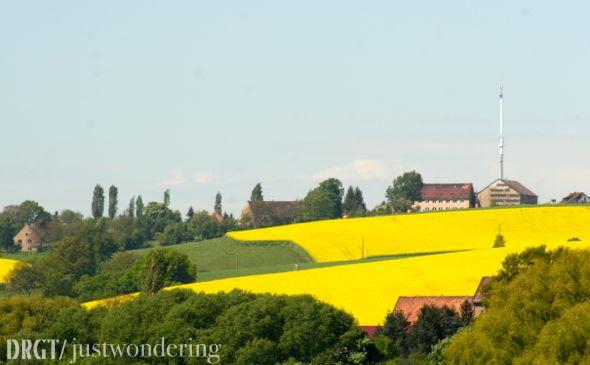
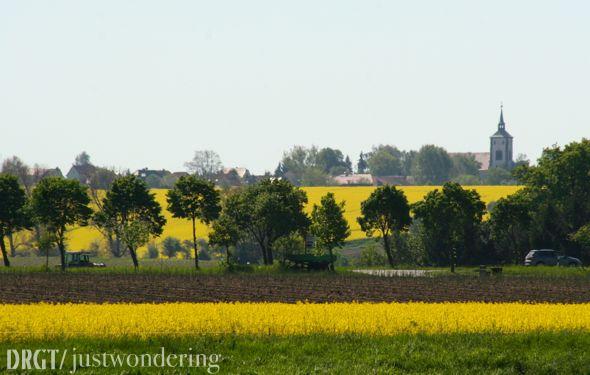
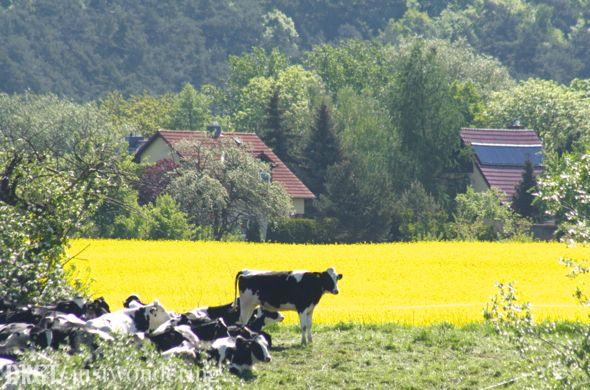
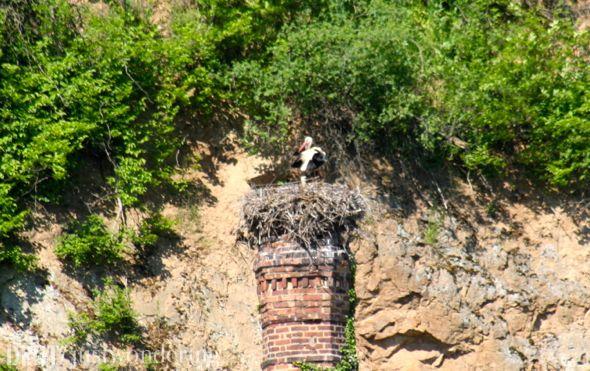
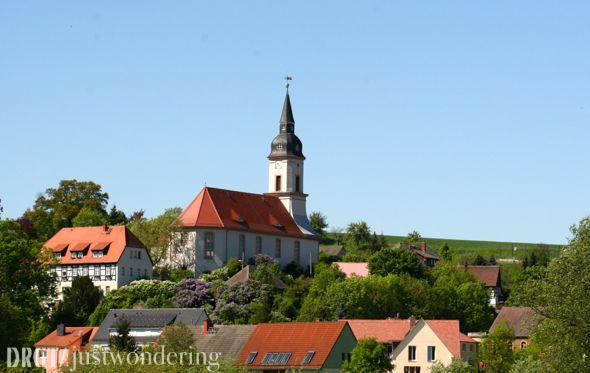
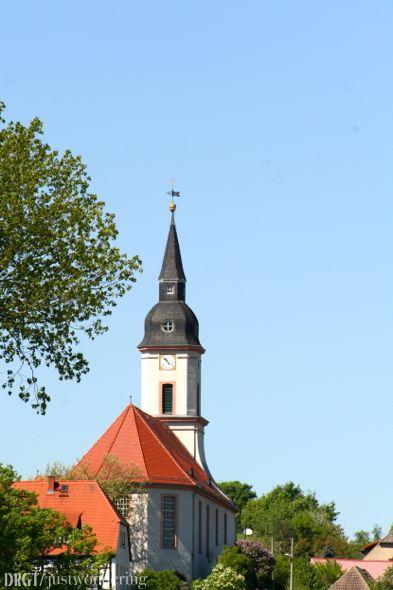
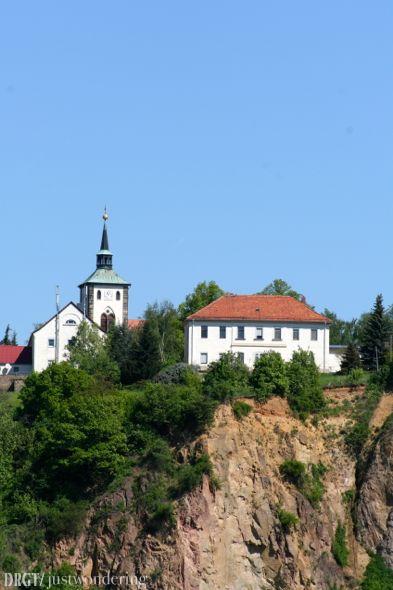


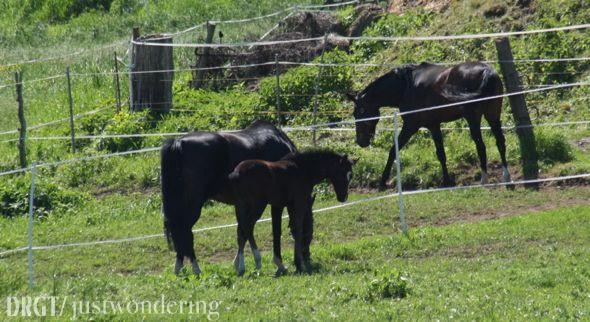
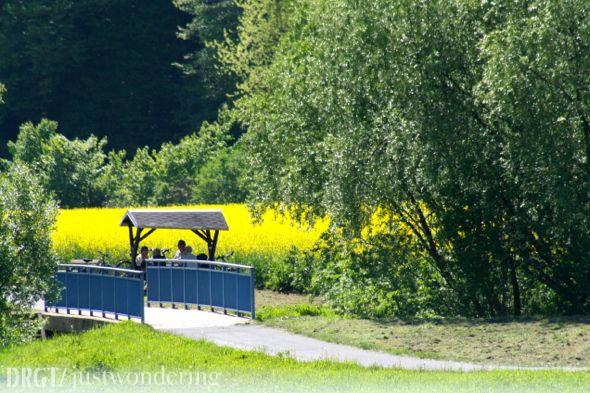
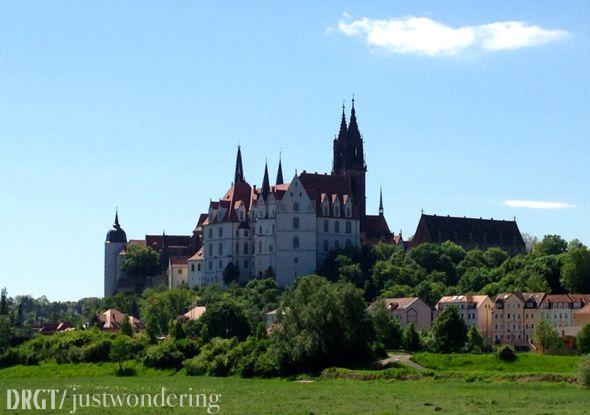

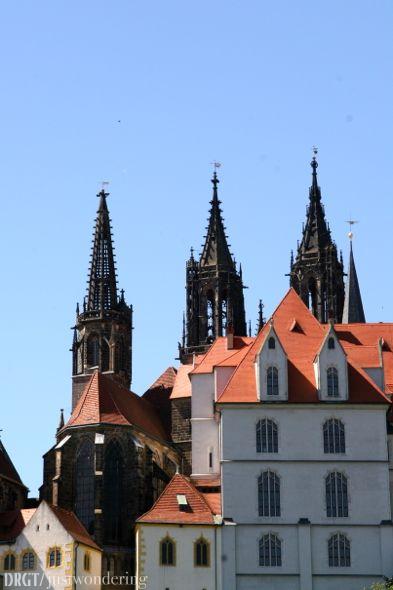
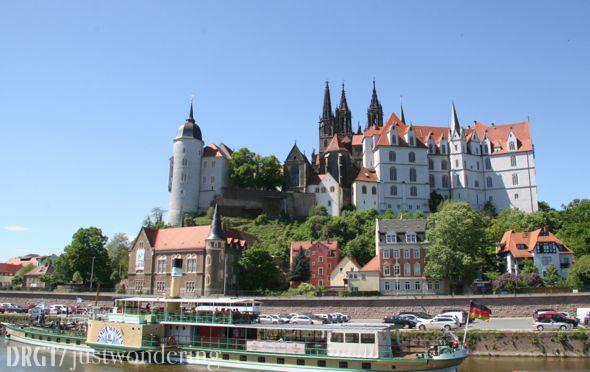
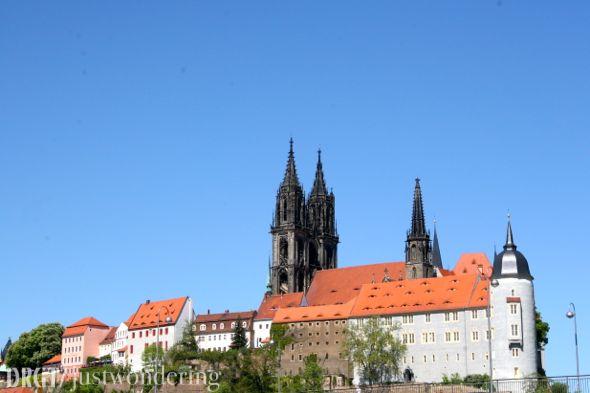

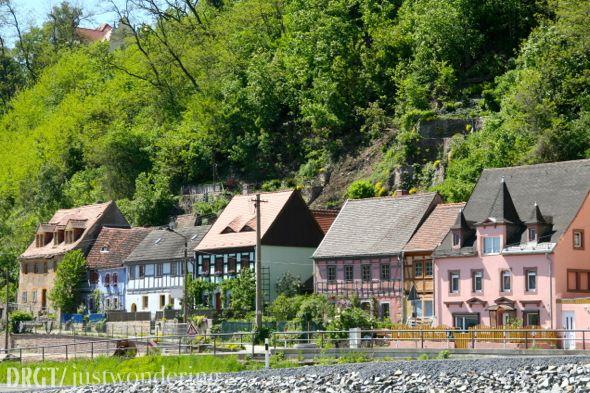

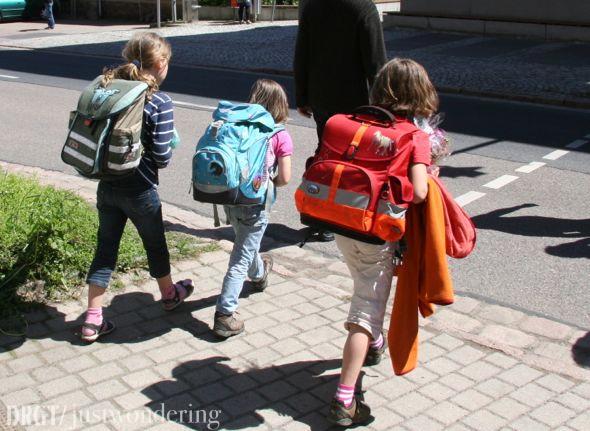

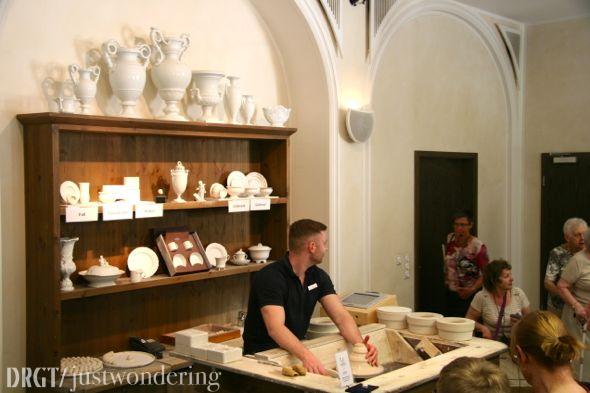
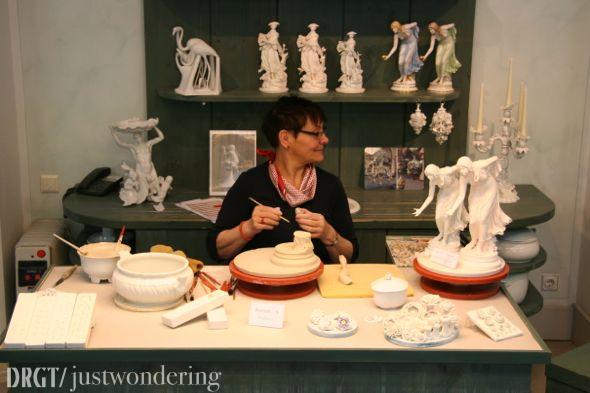
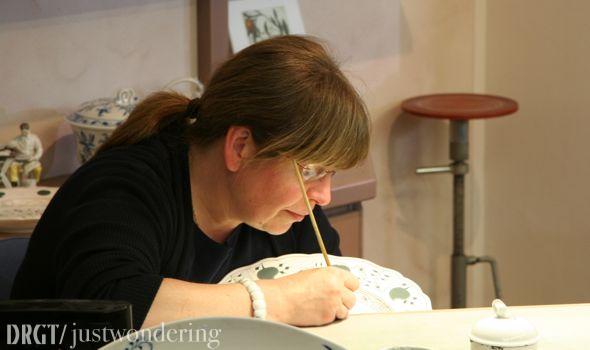
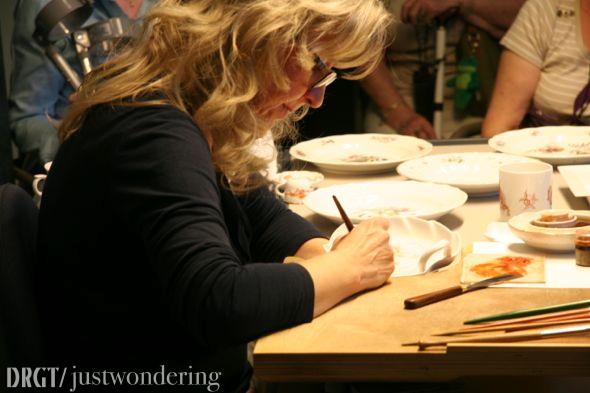
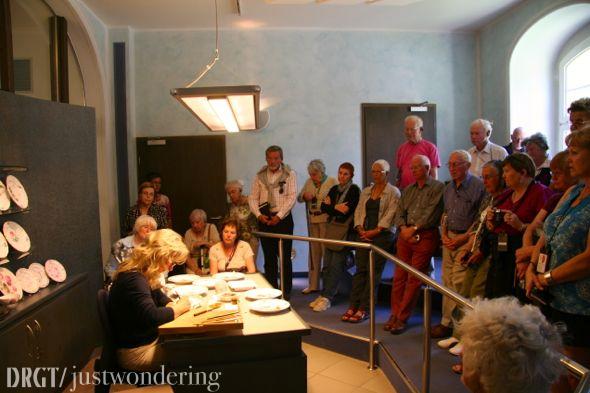


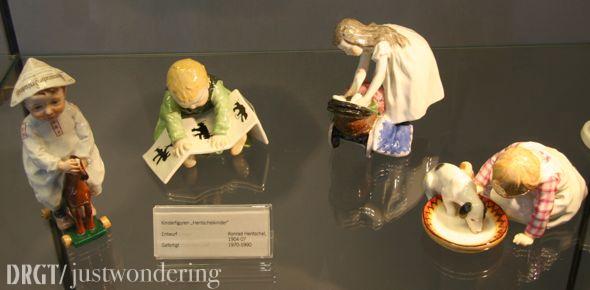

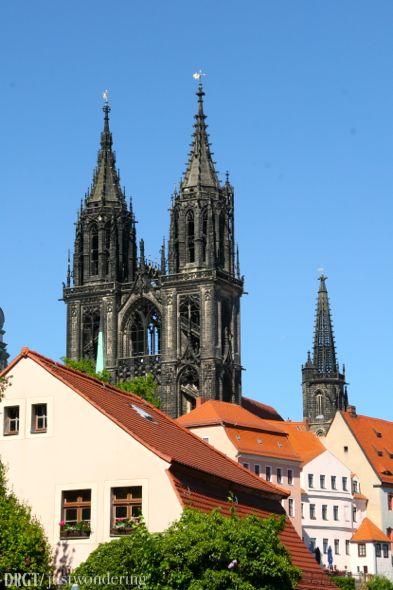

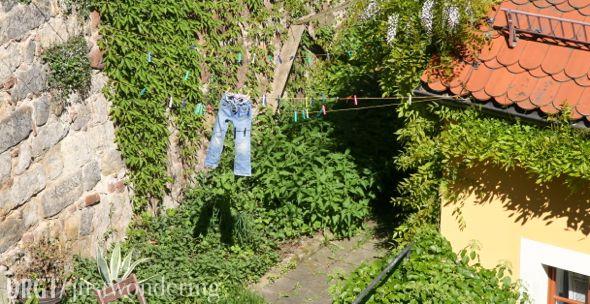
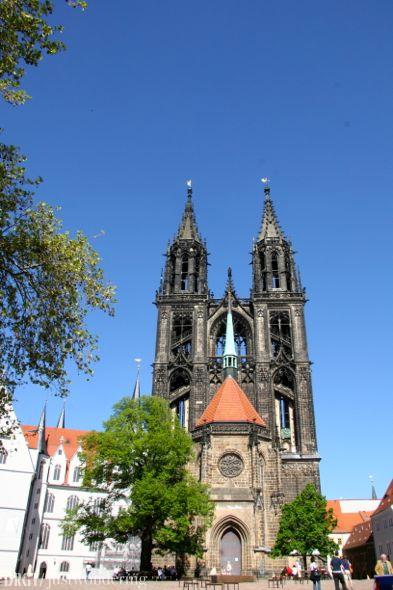
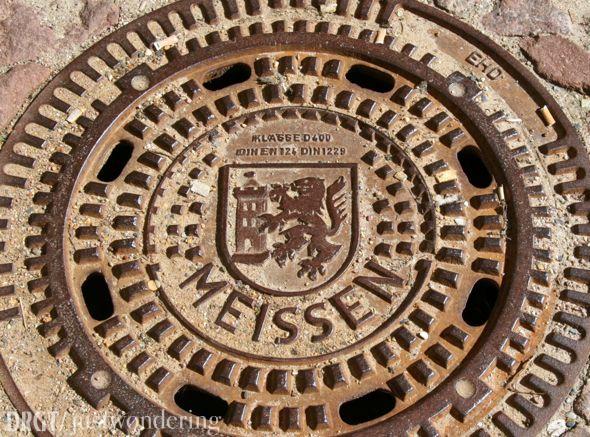

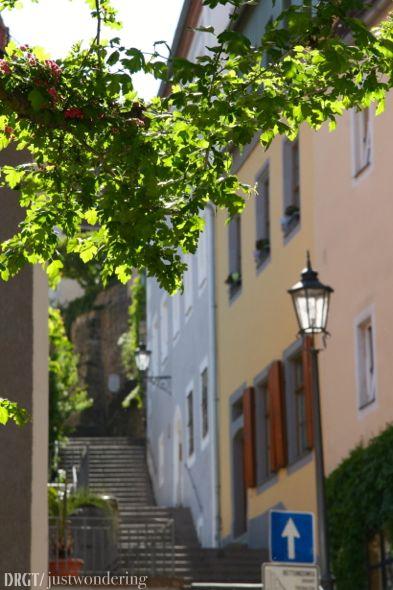
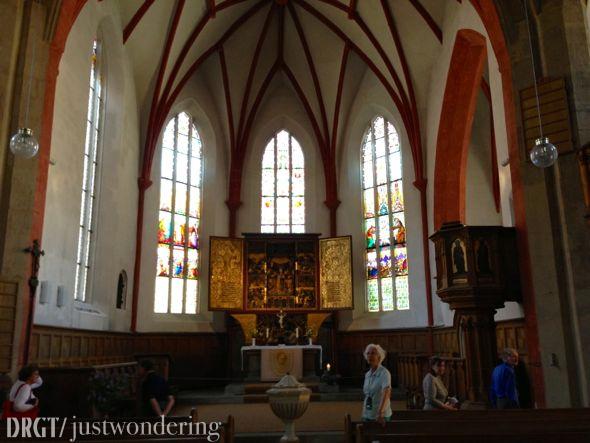
 We thoroughly enjoyed our tour of this town and came back to the
We thoroughly enjoyed our tour of this town and came back to the
